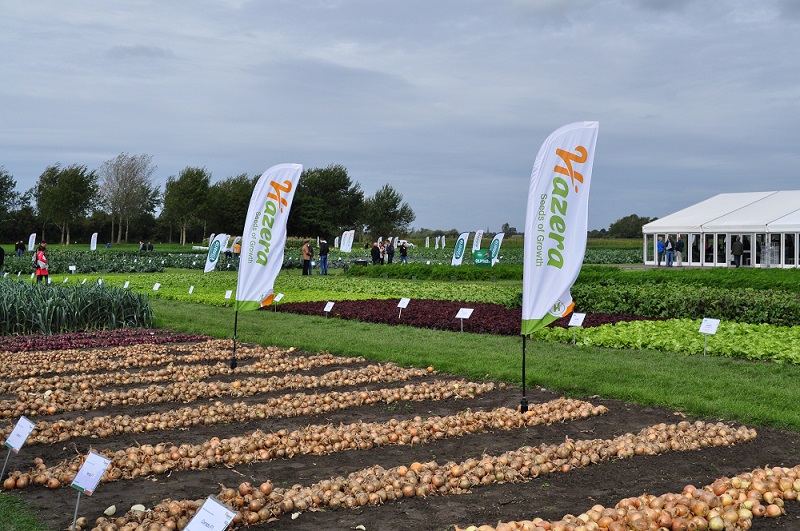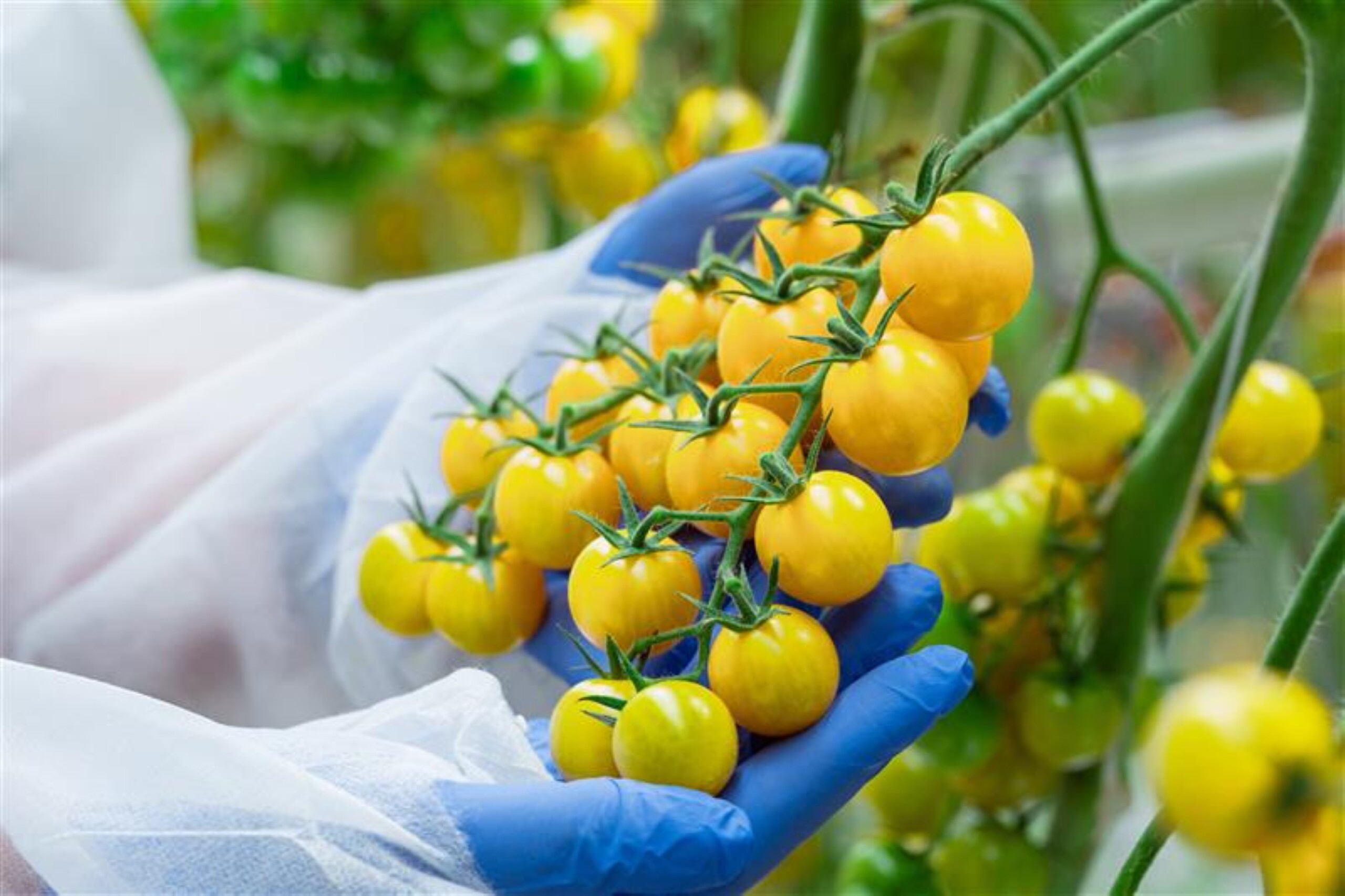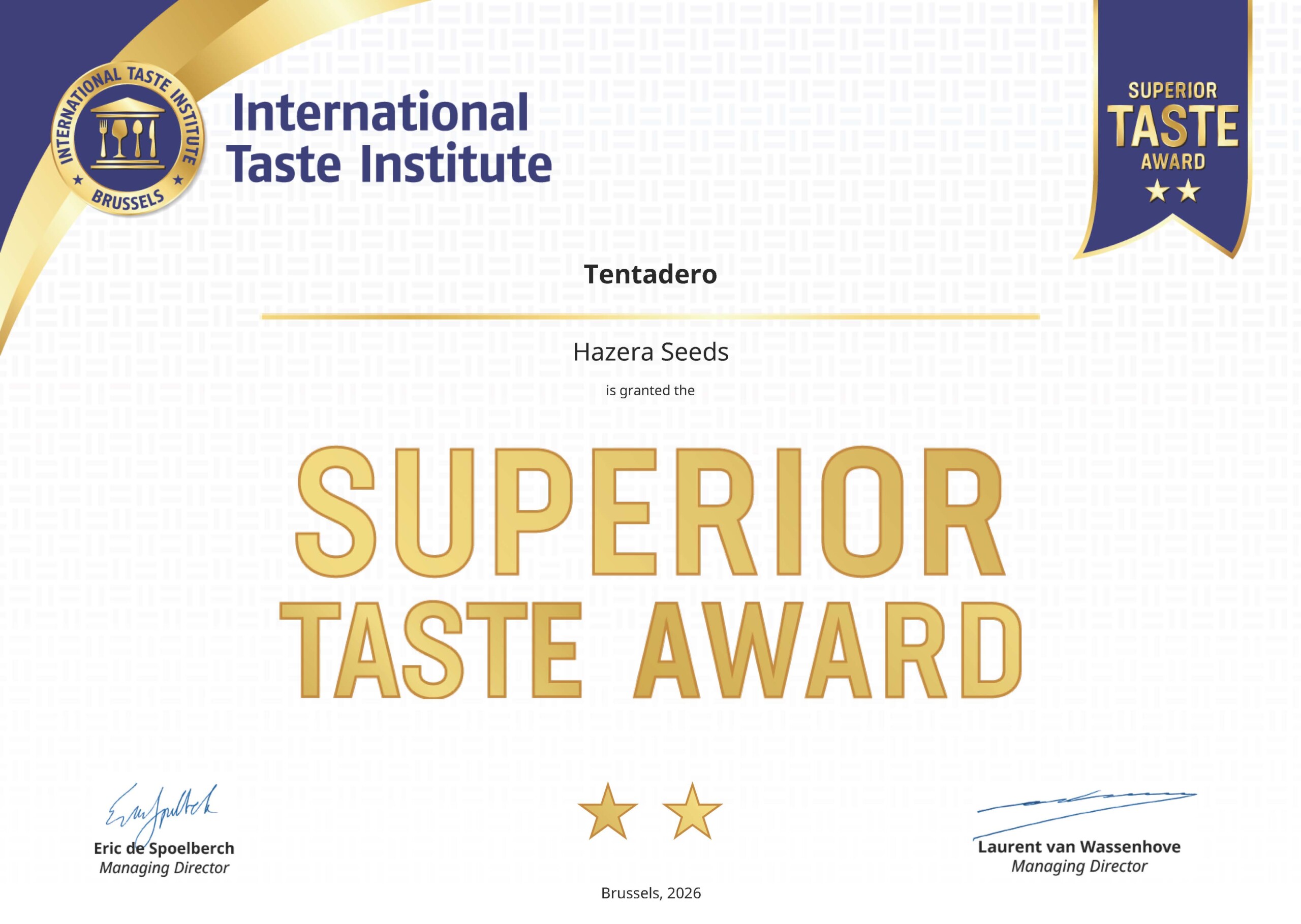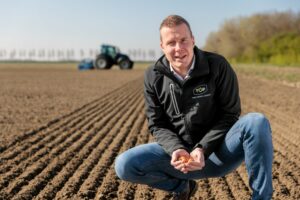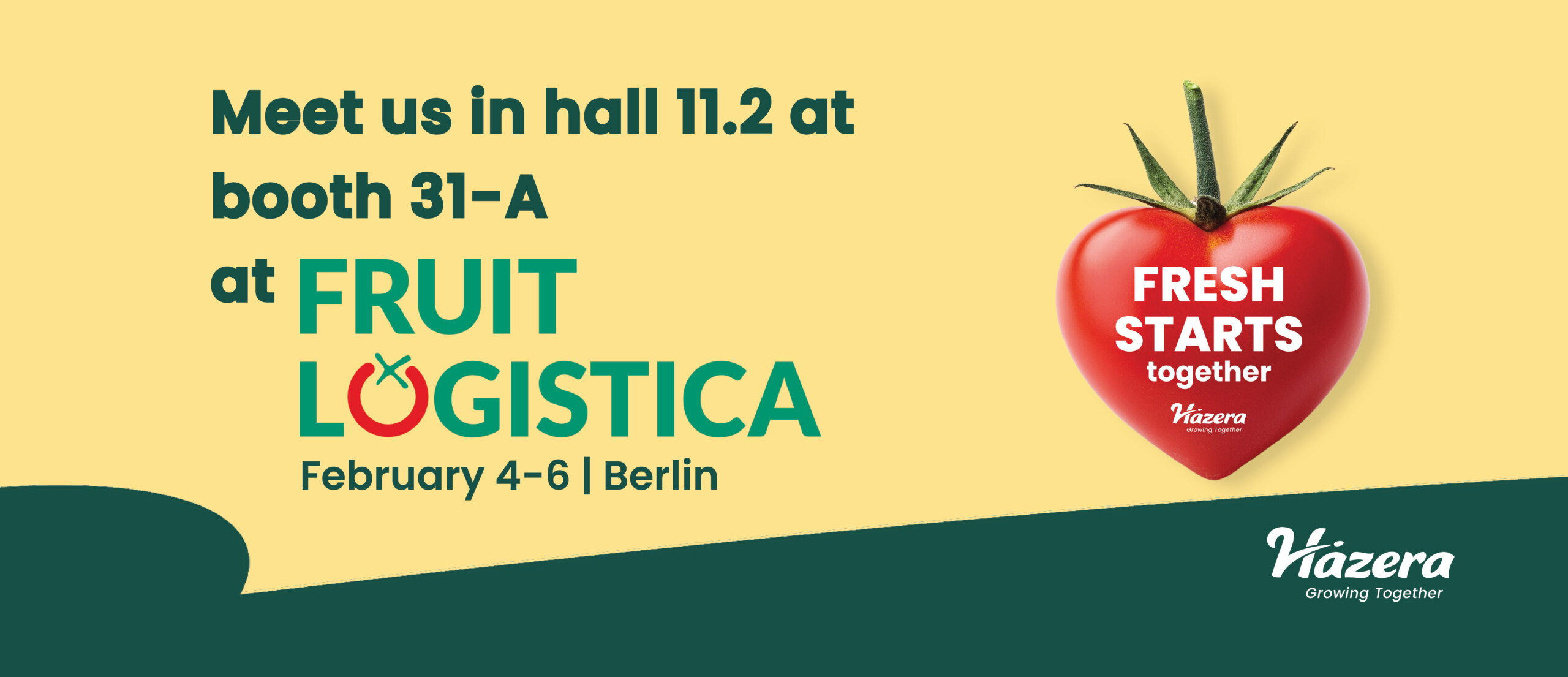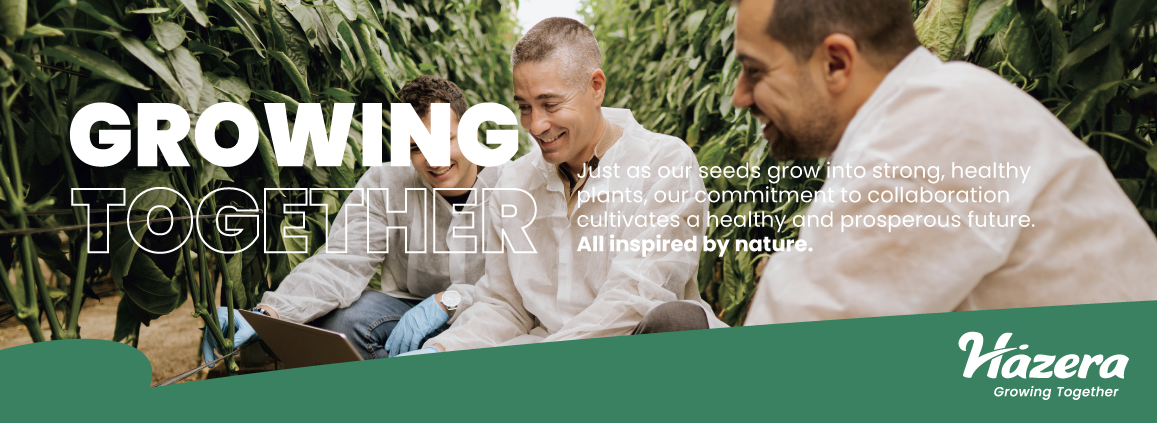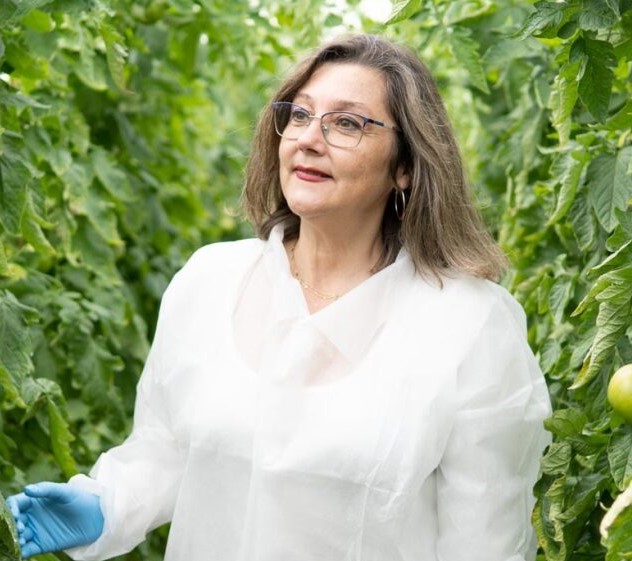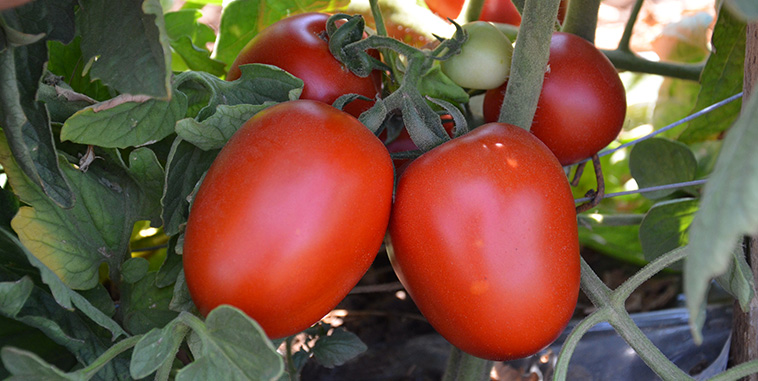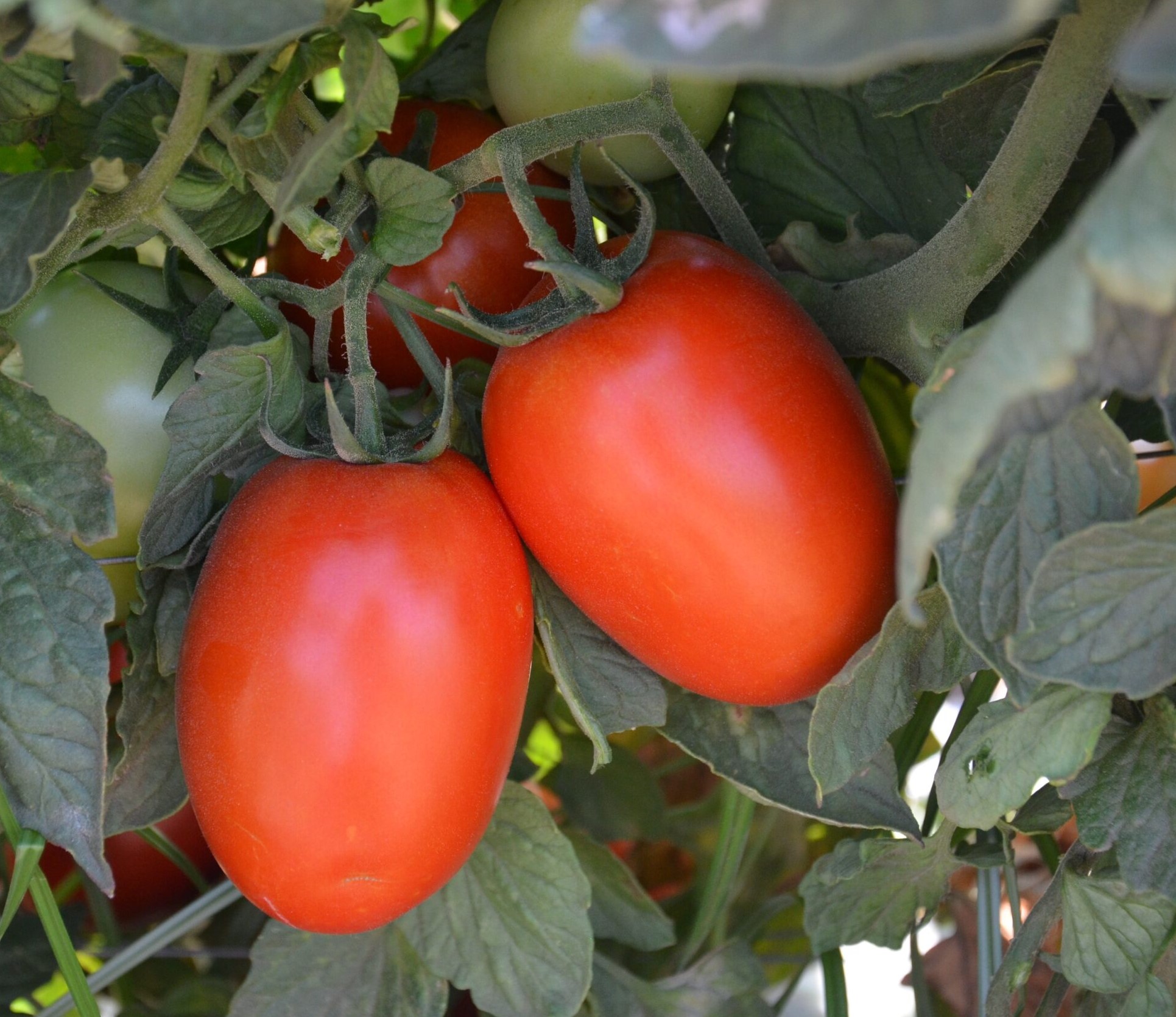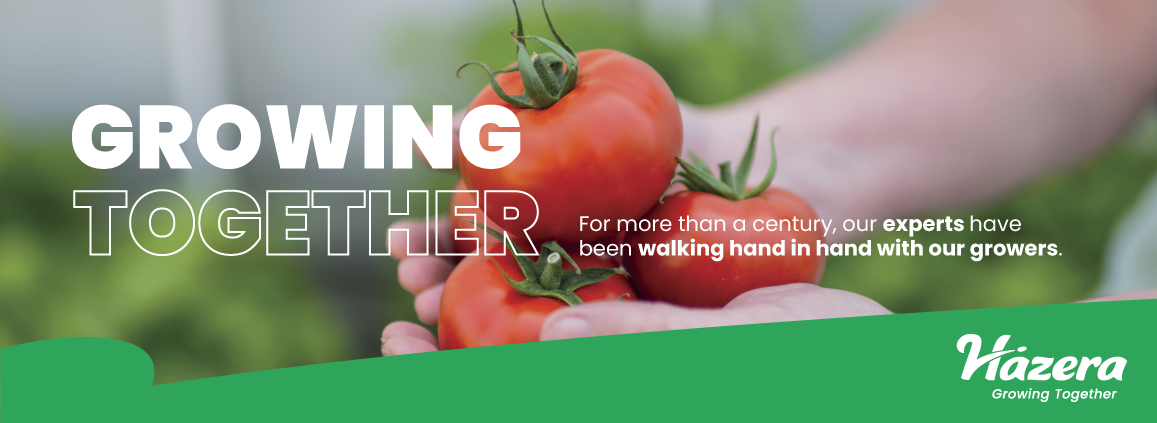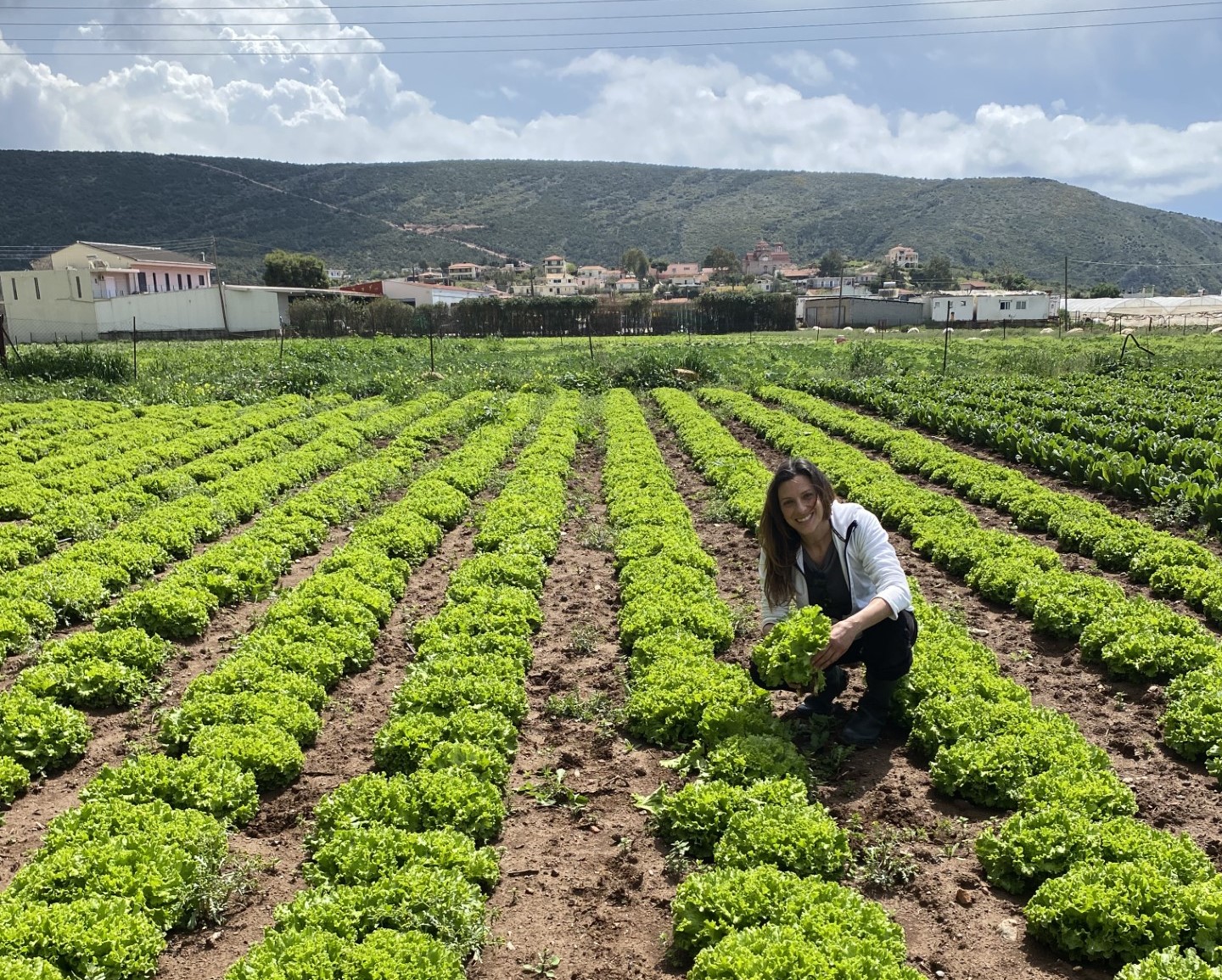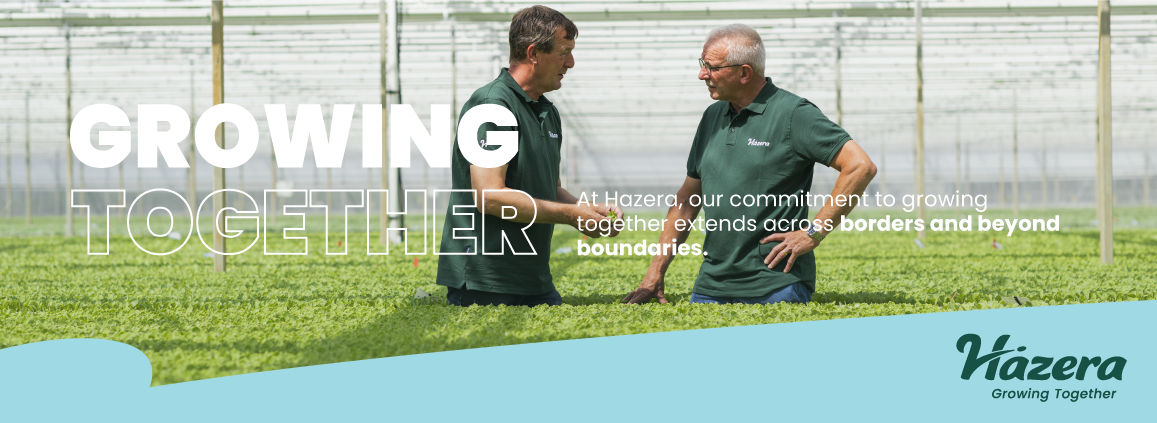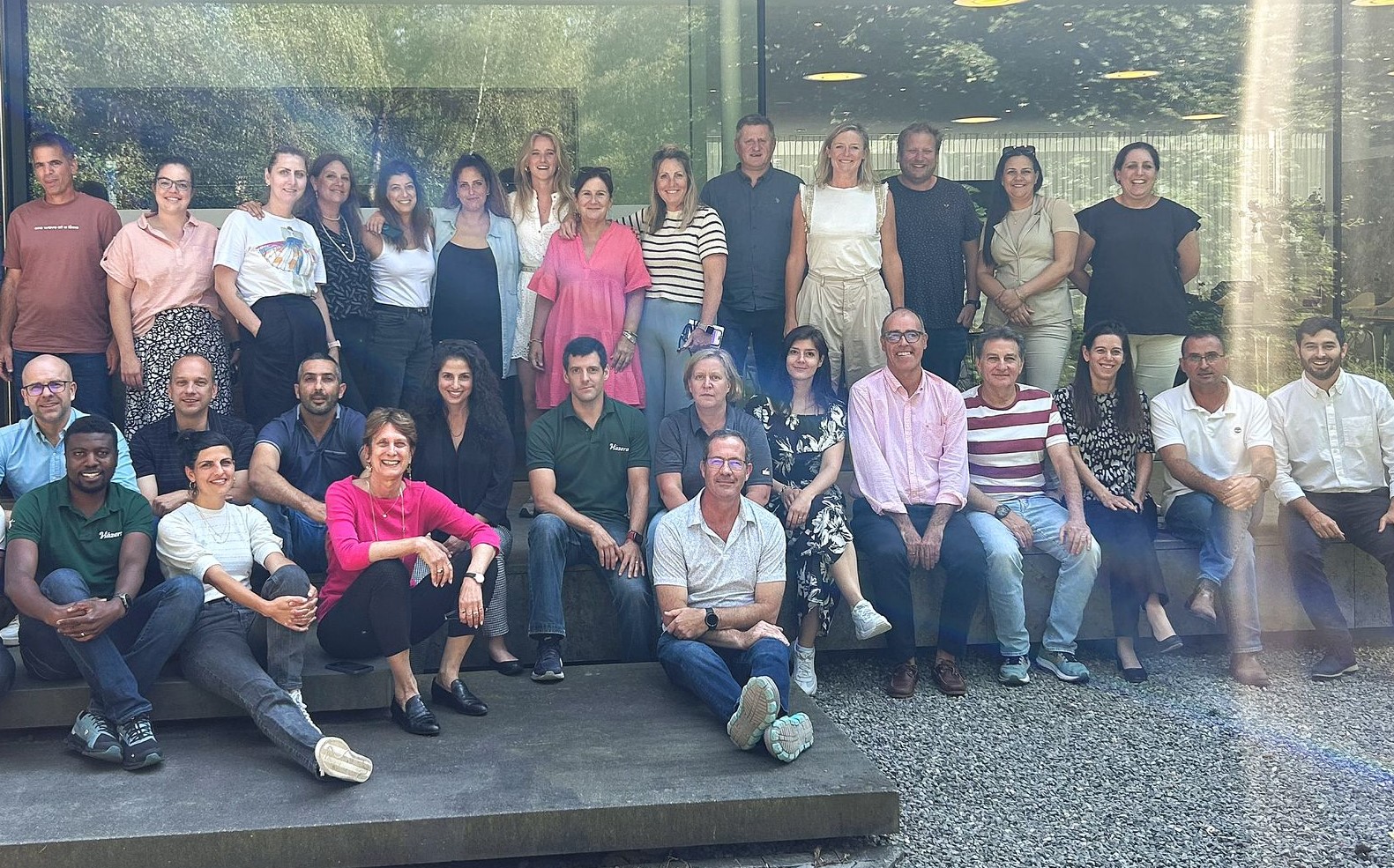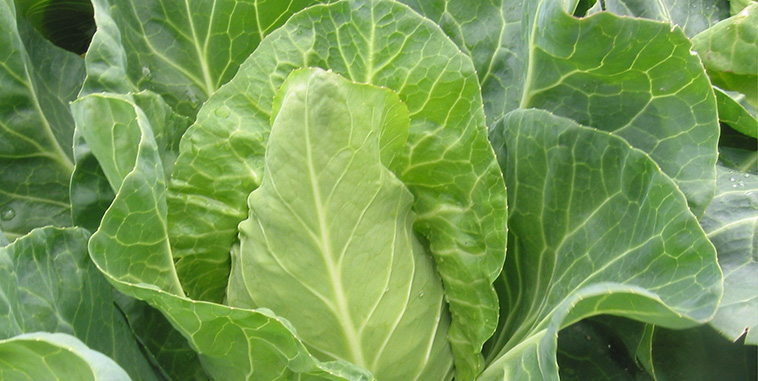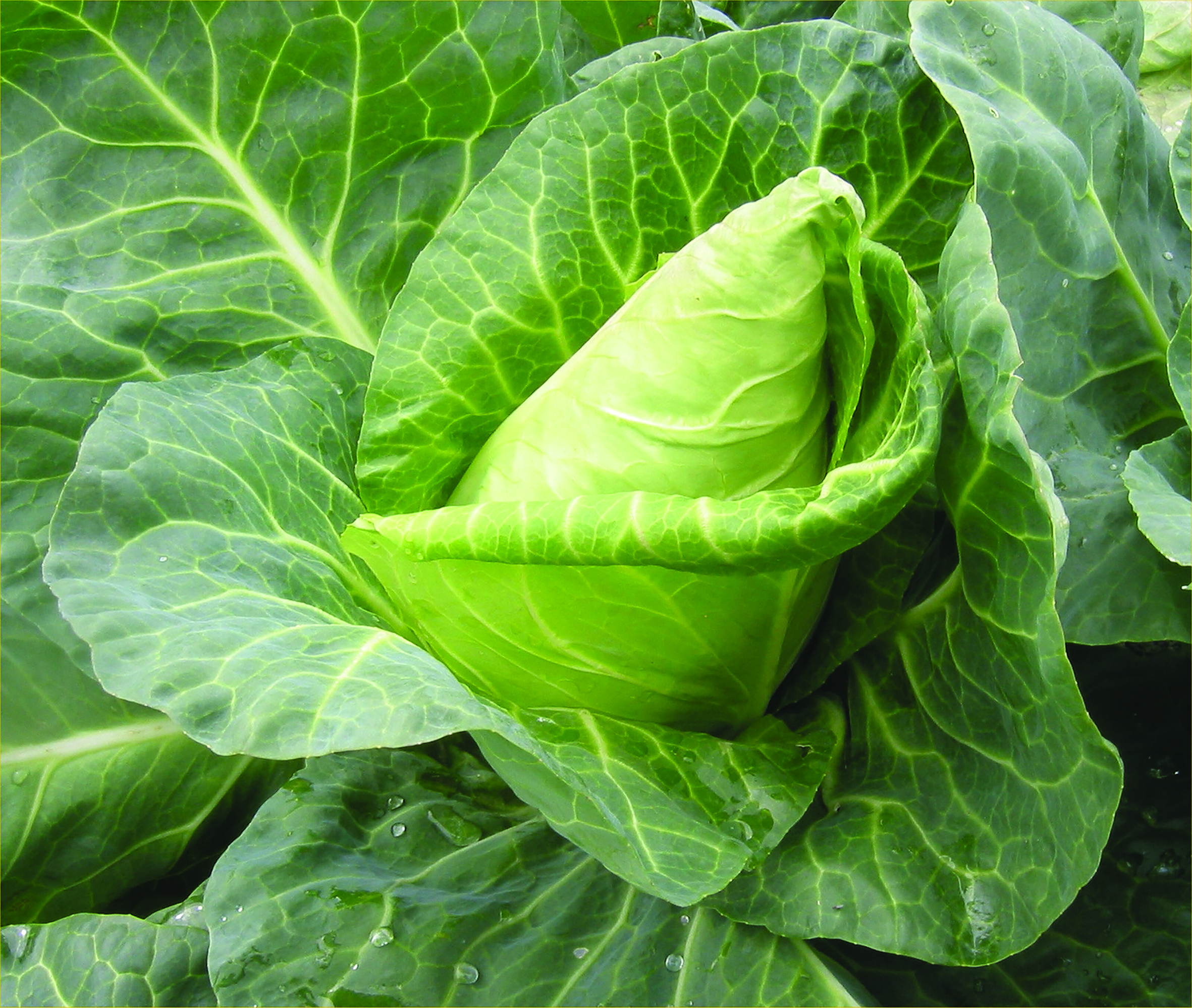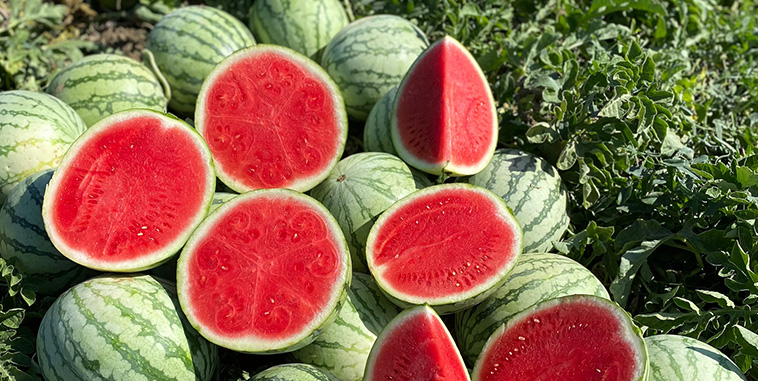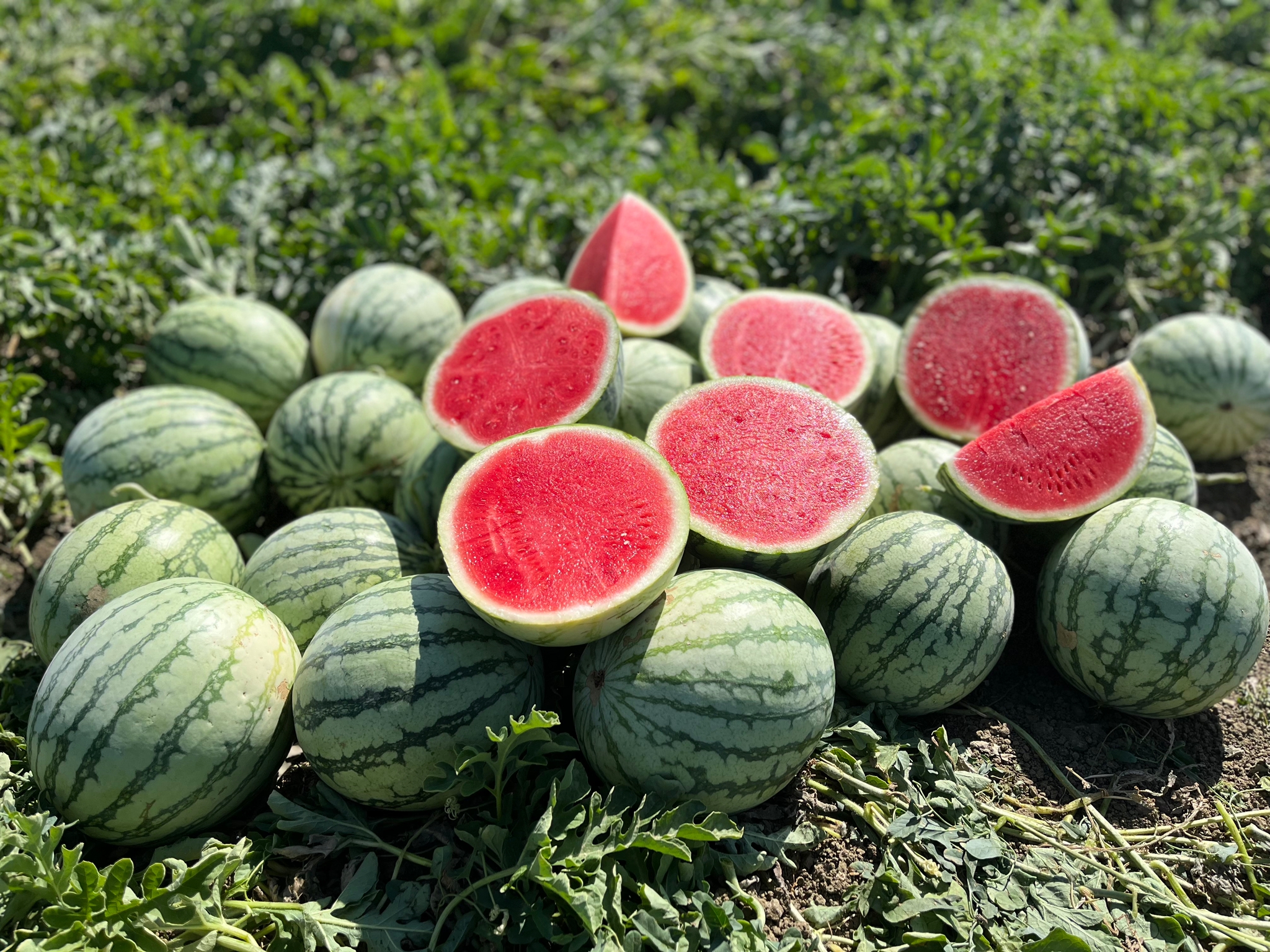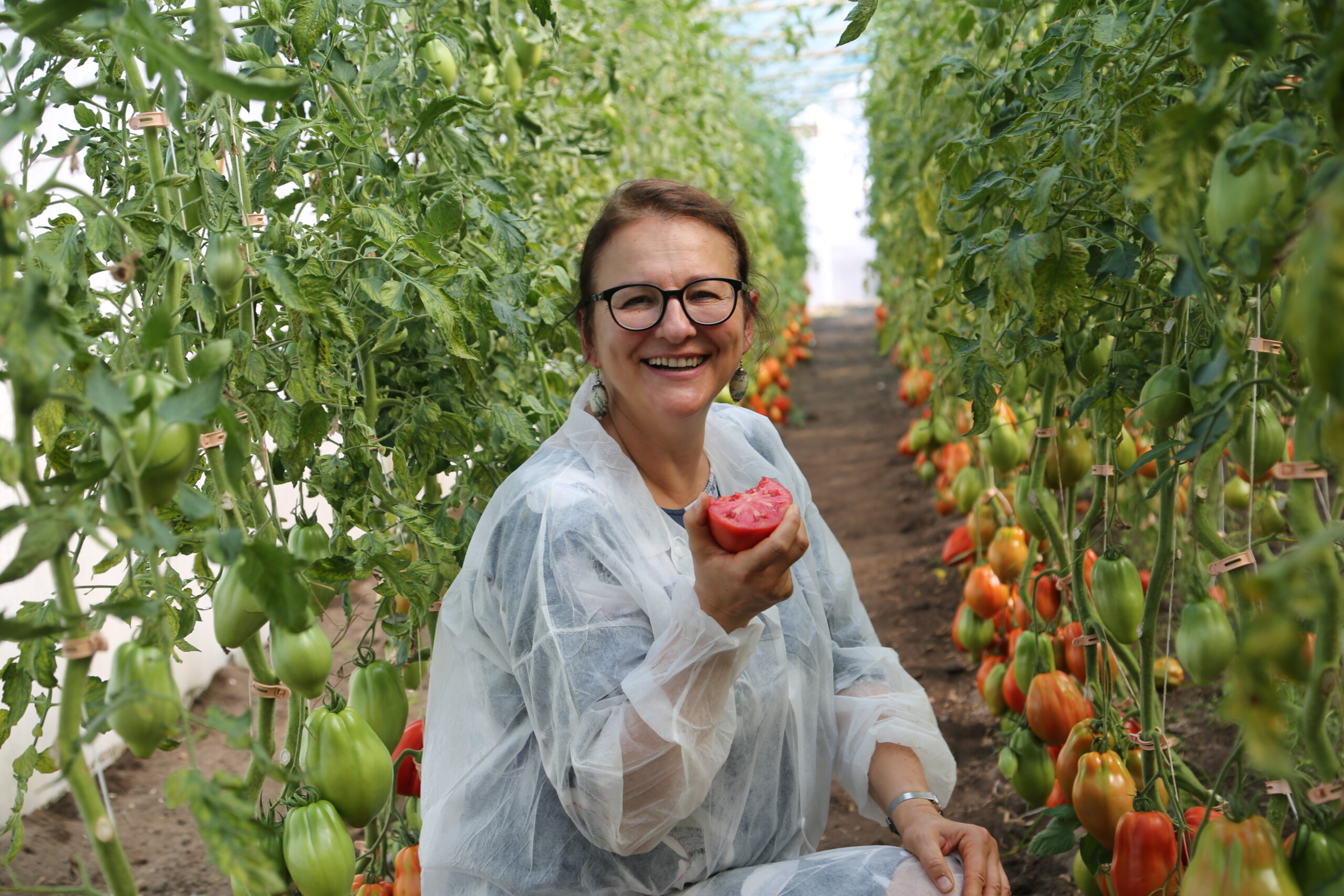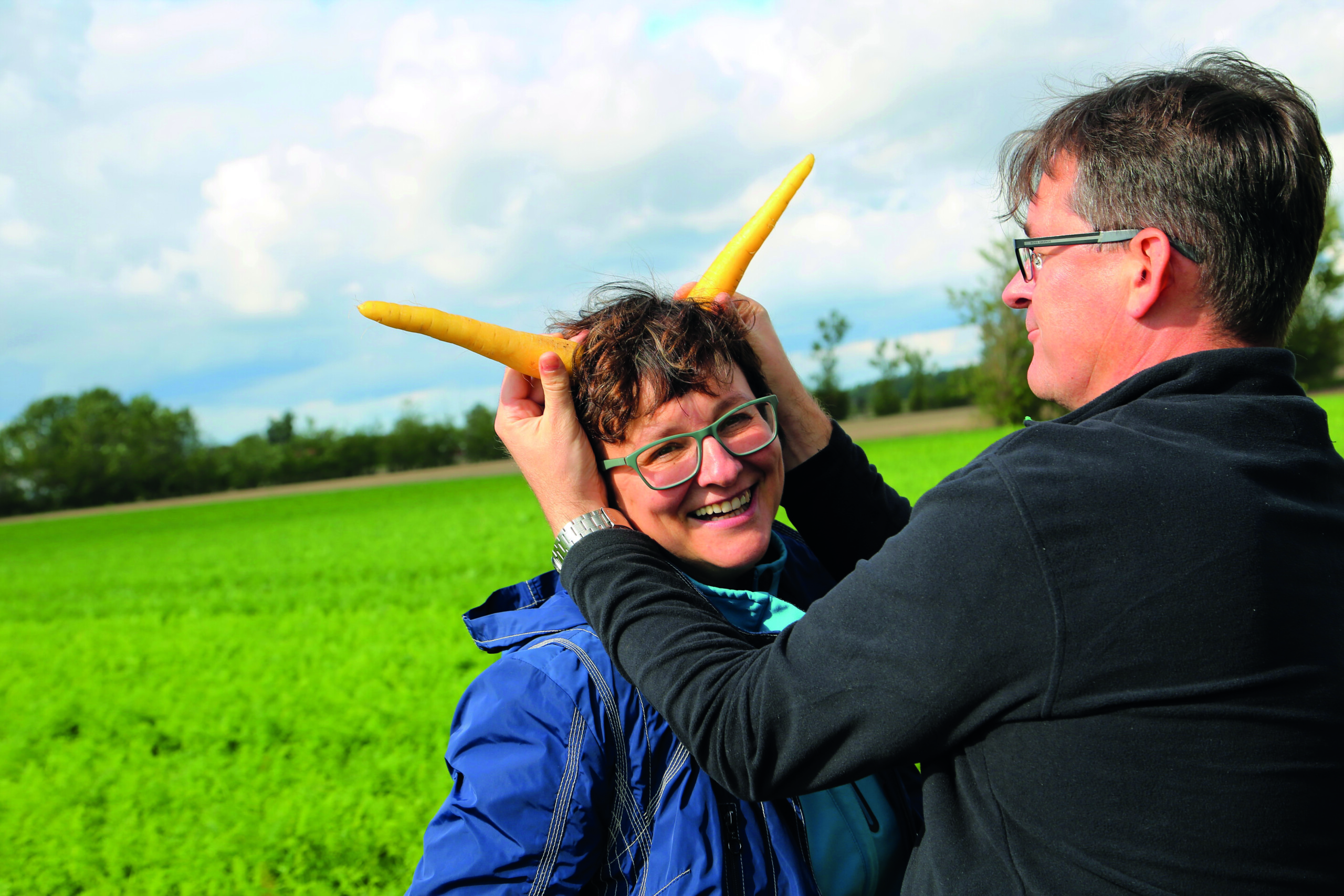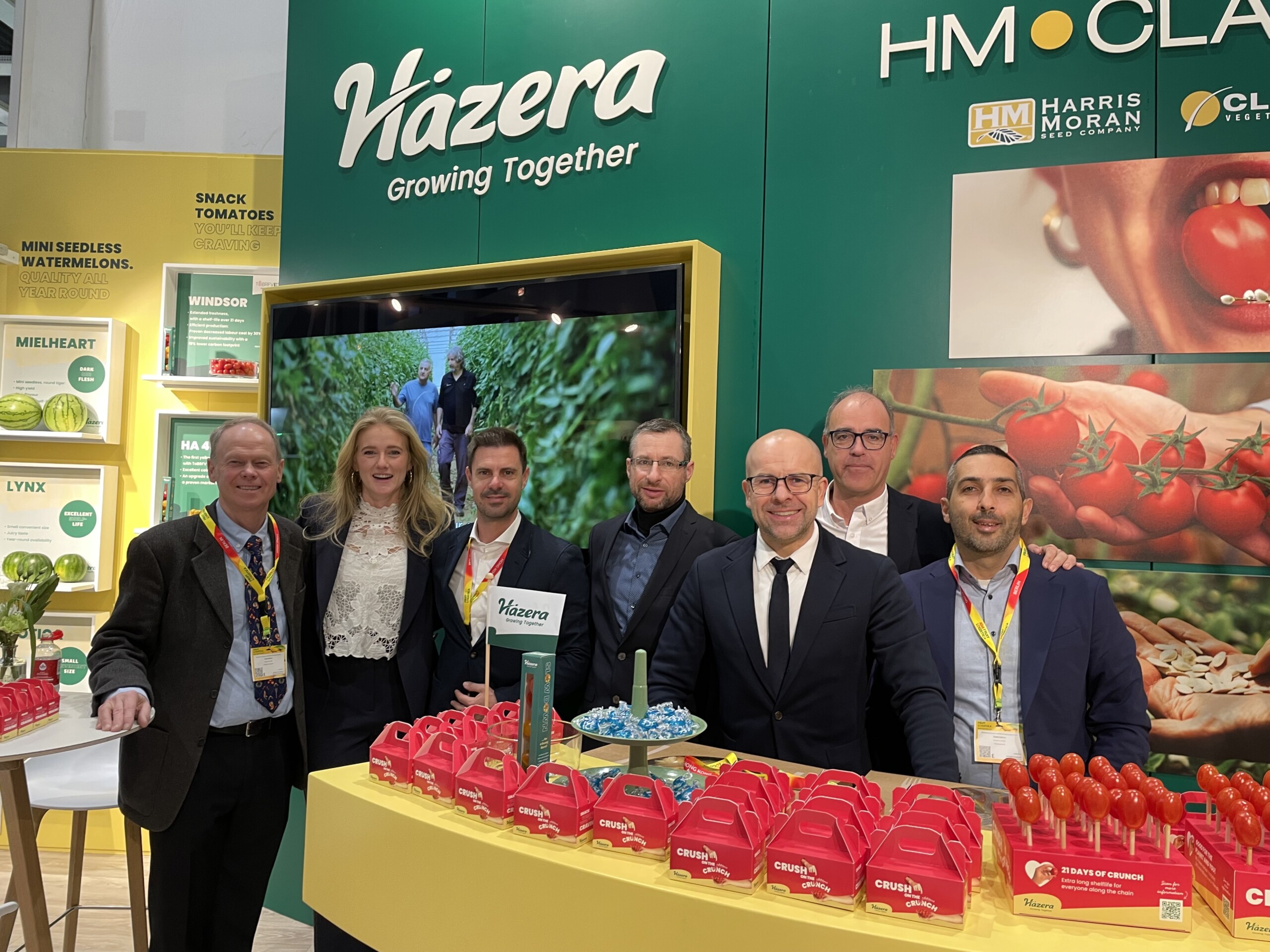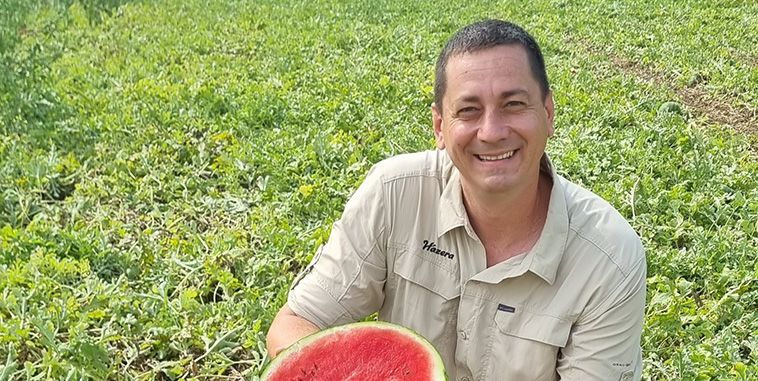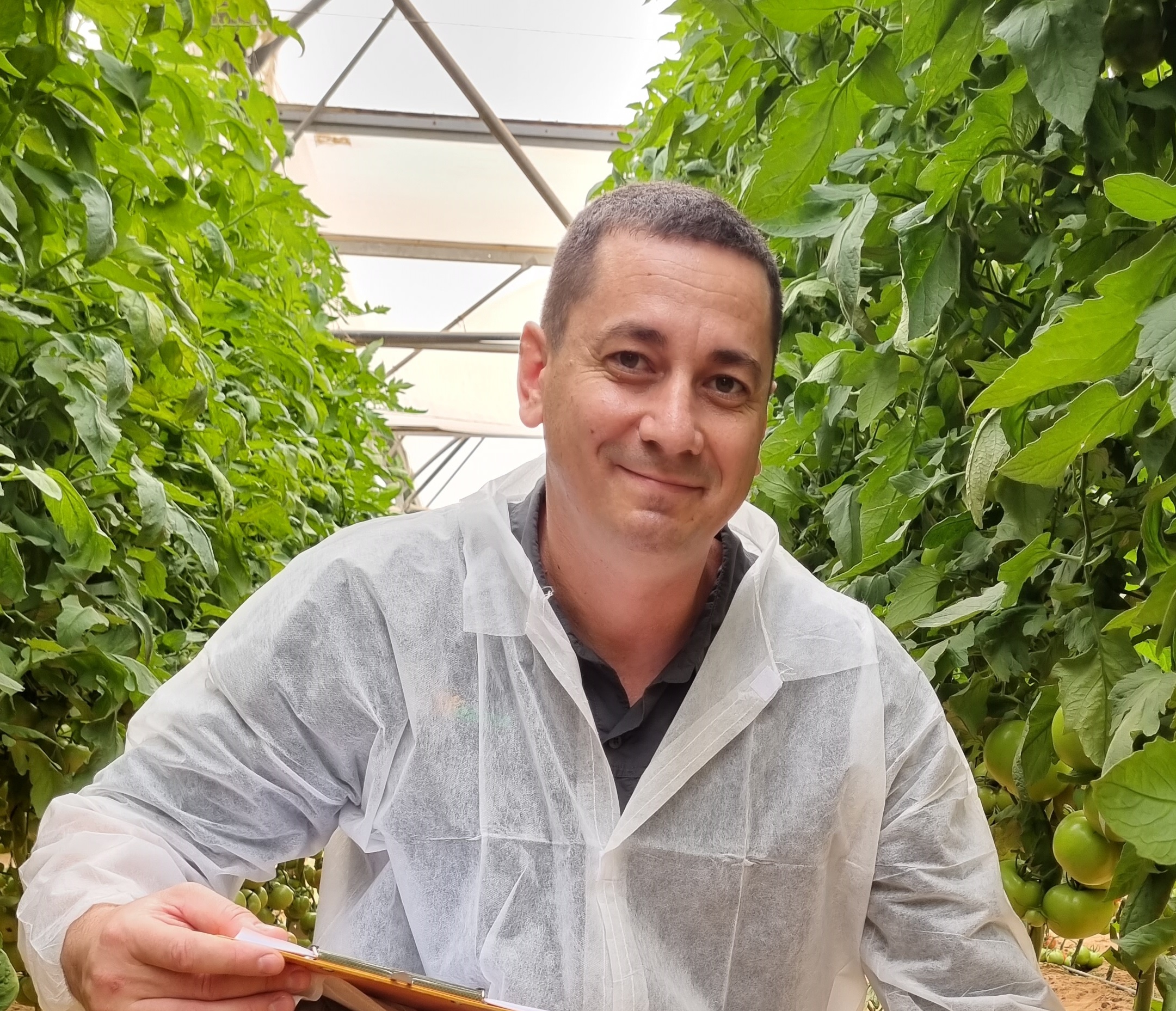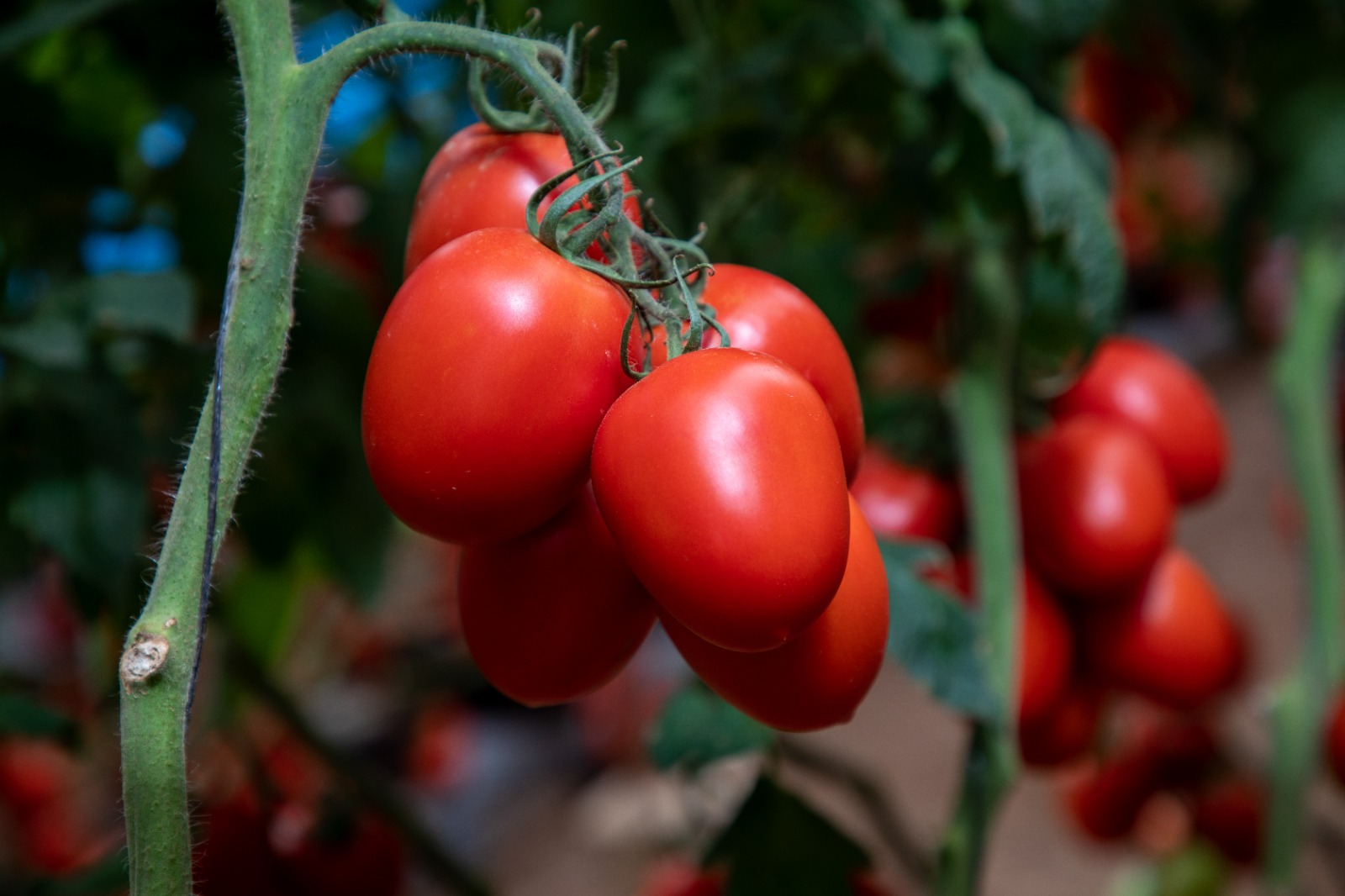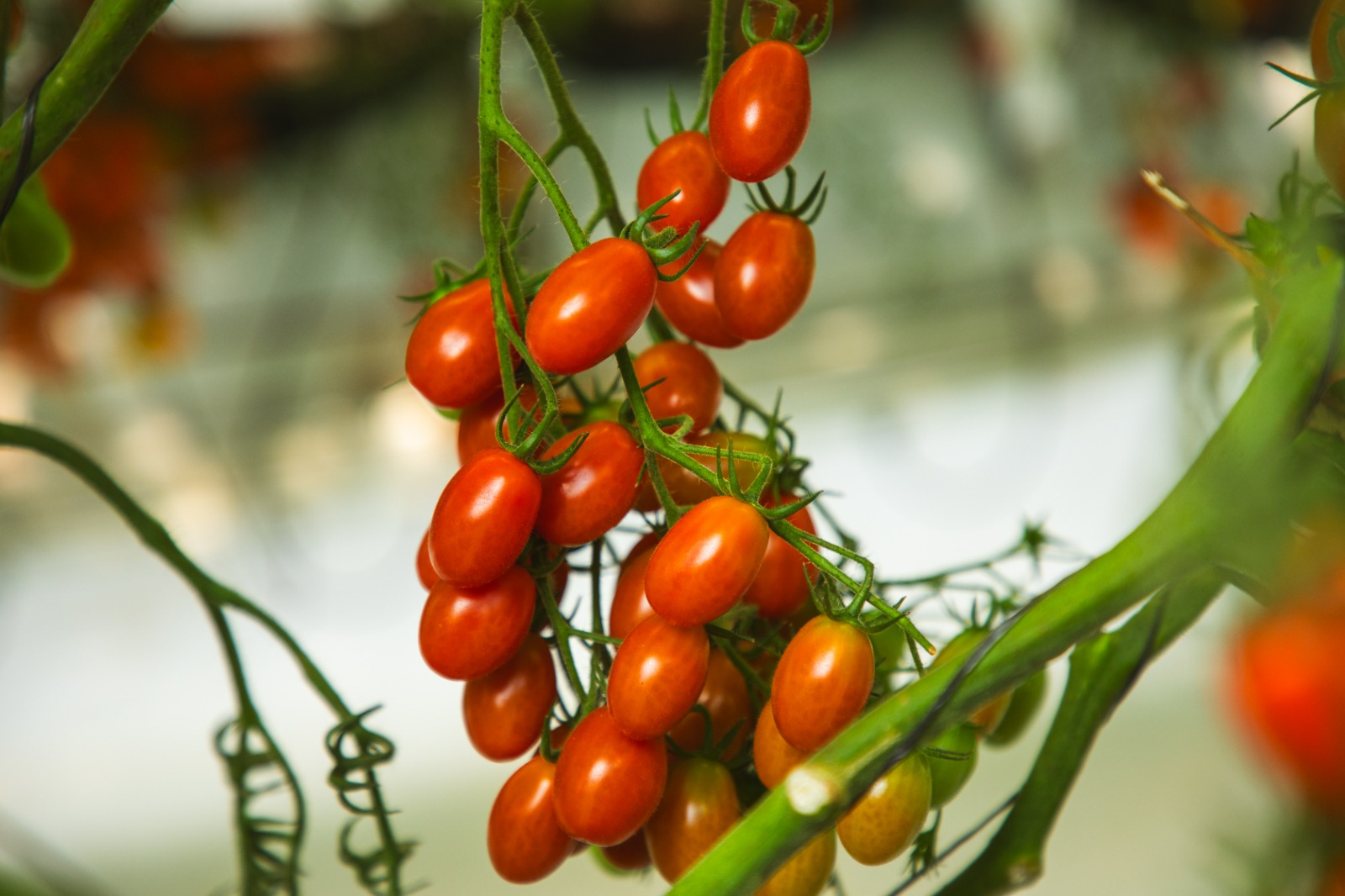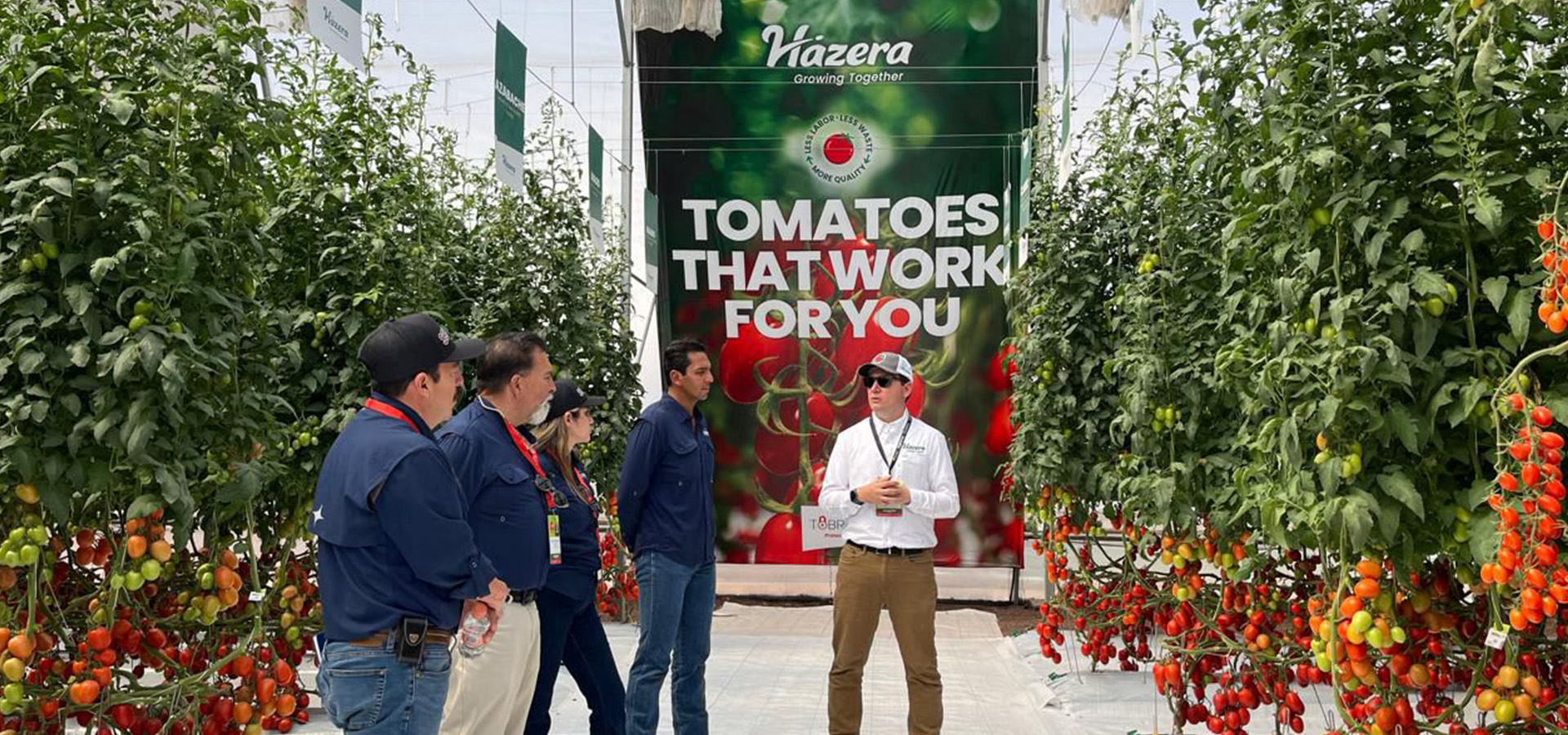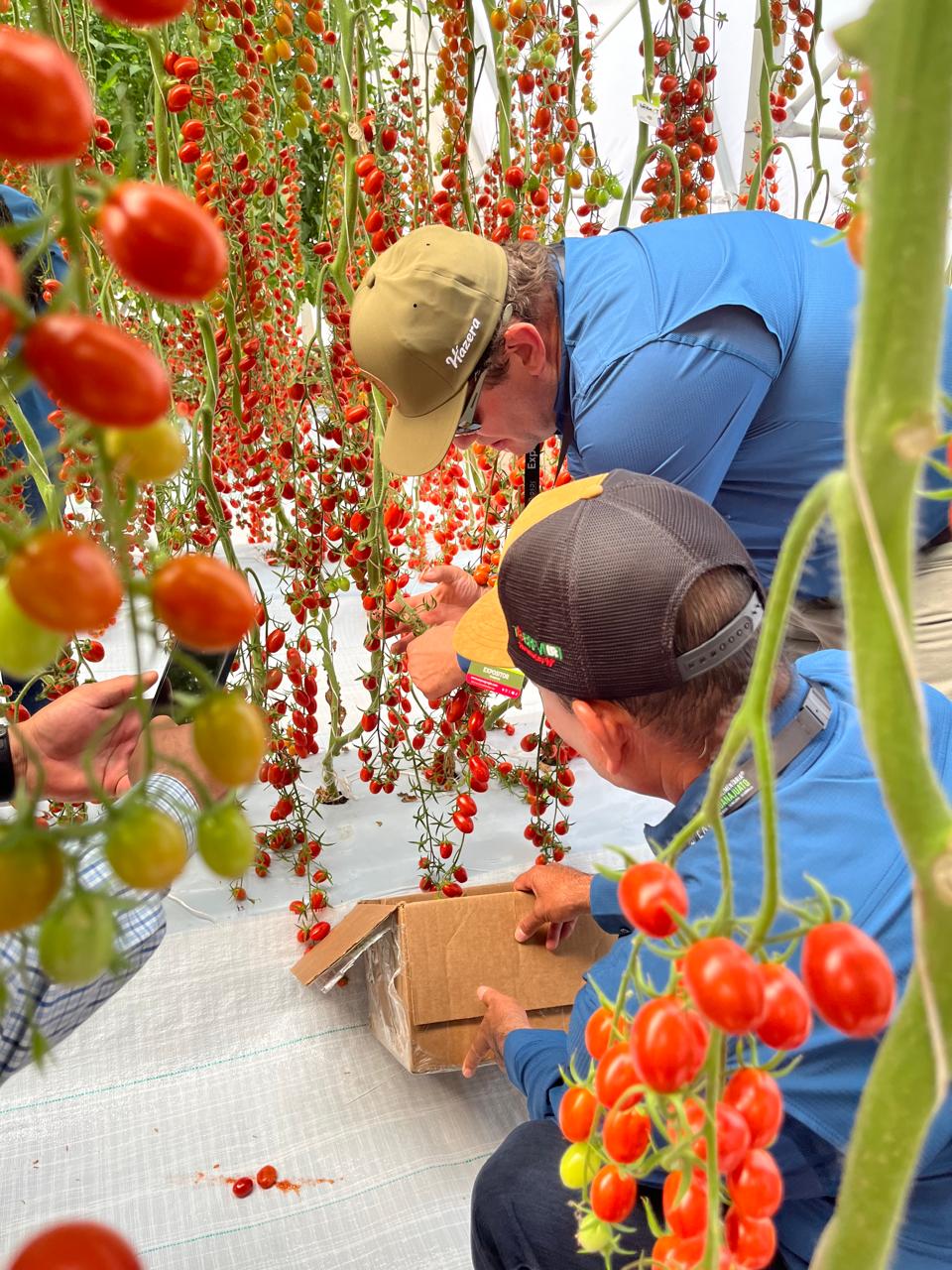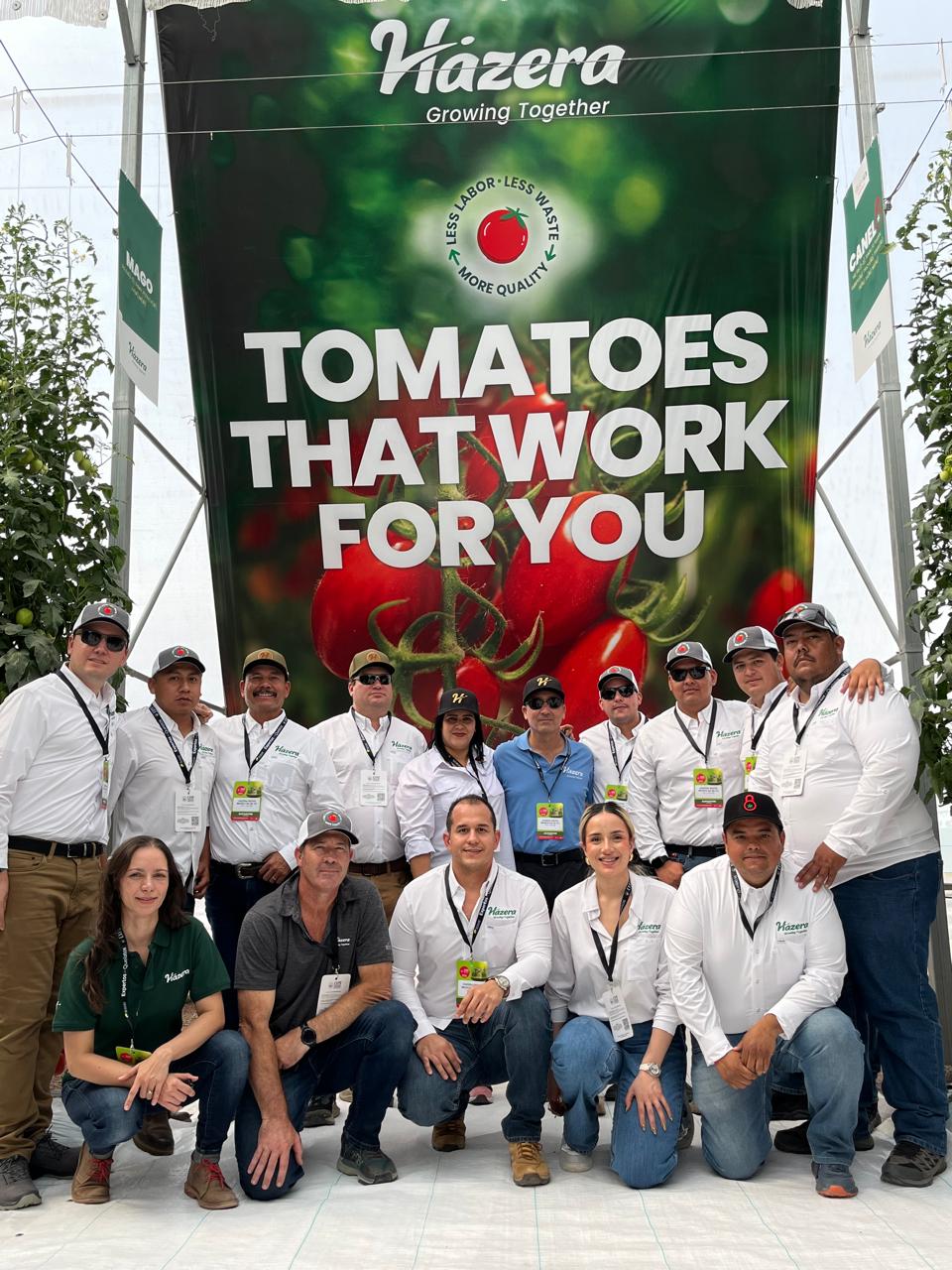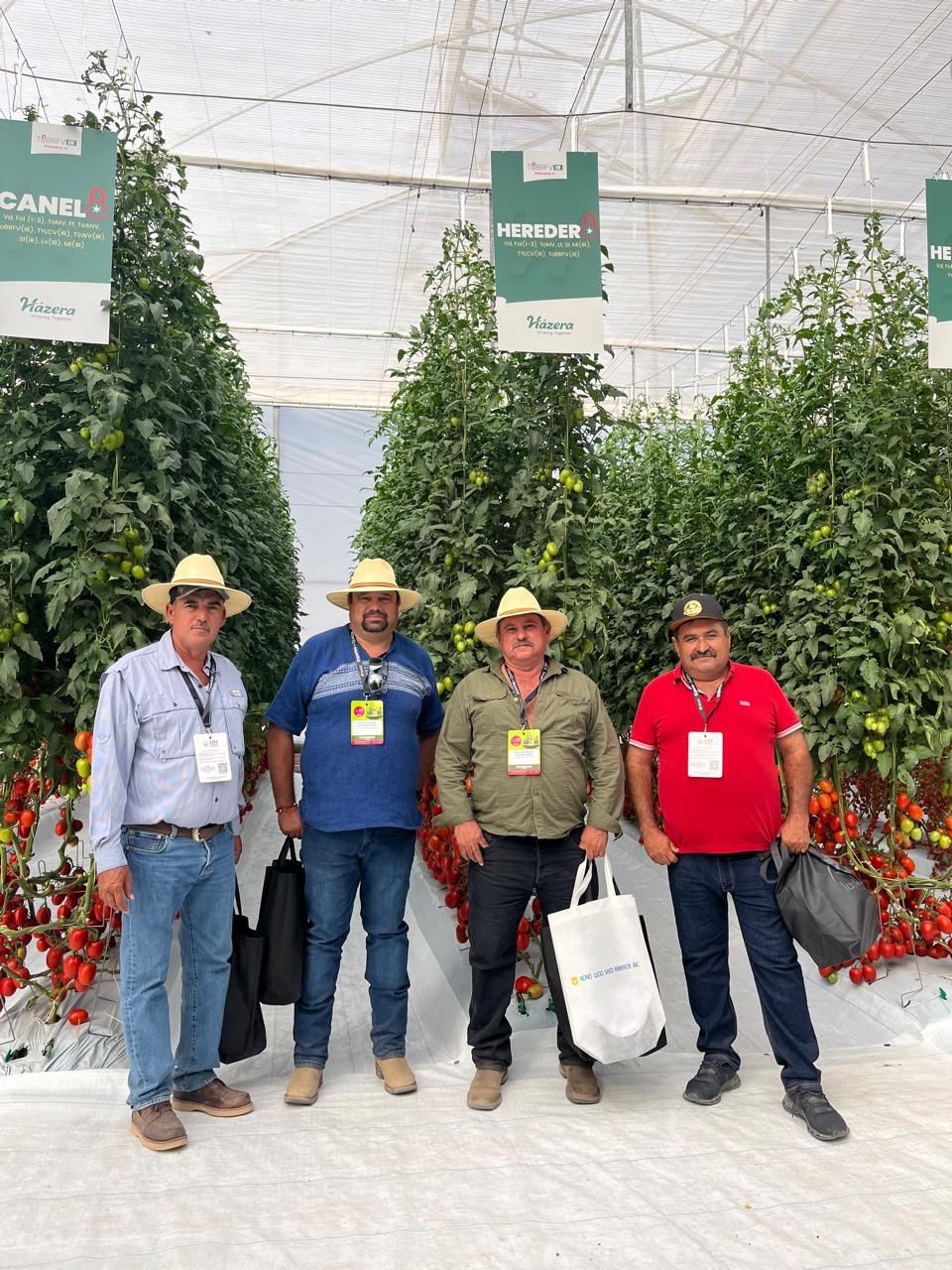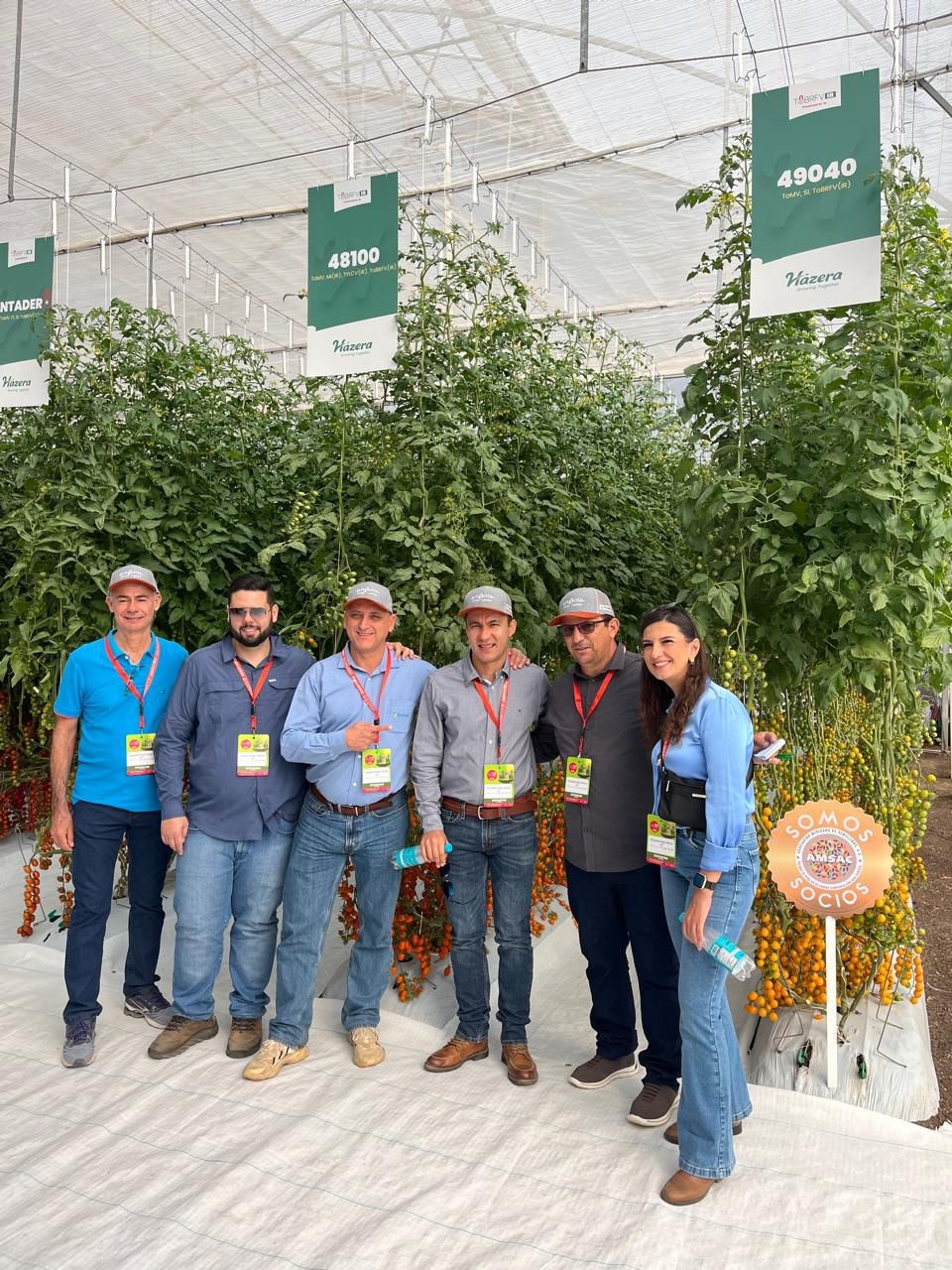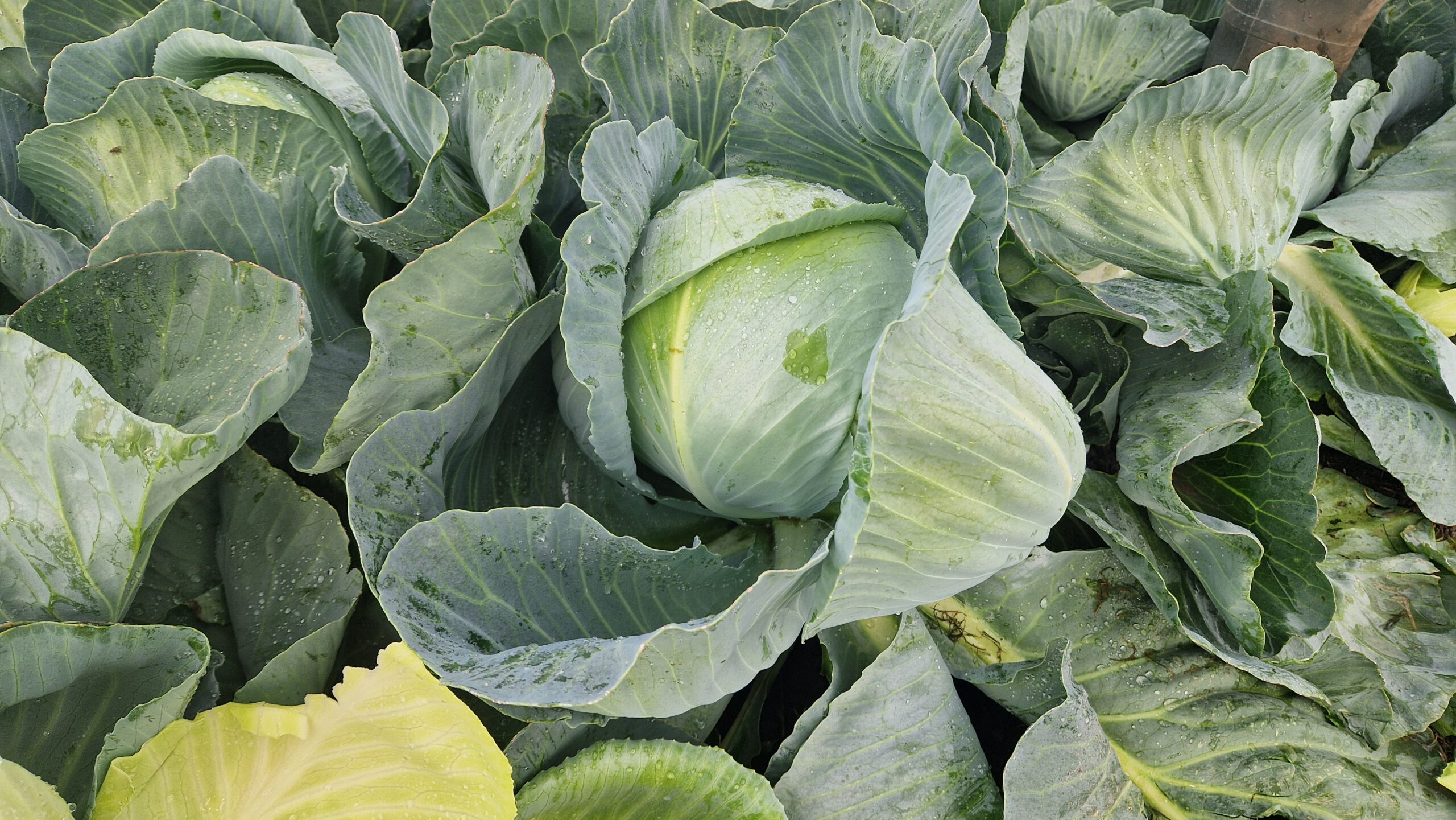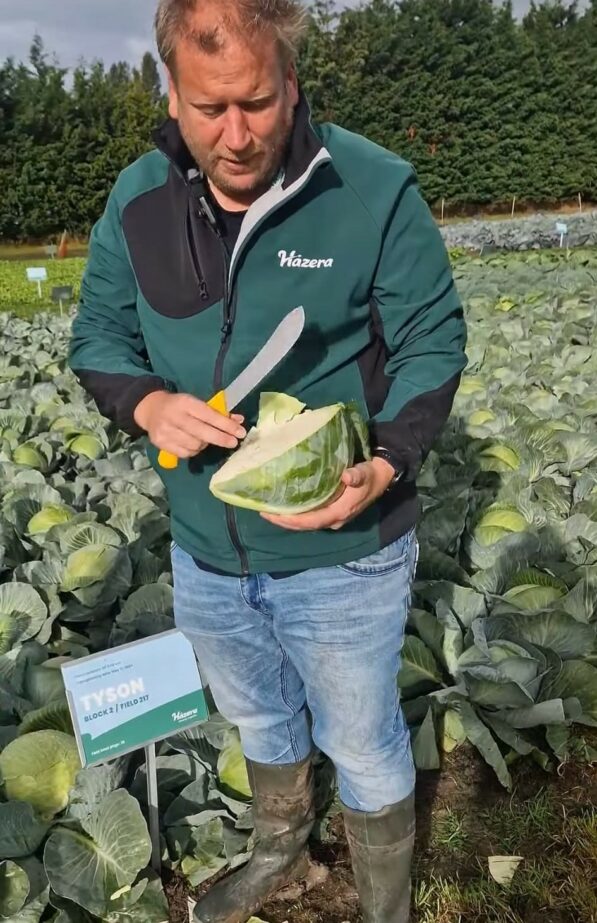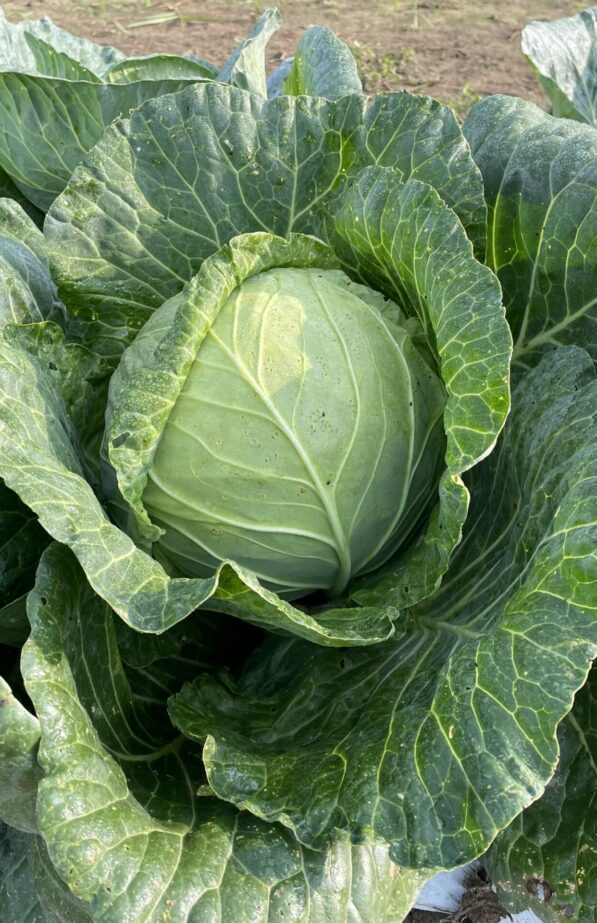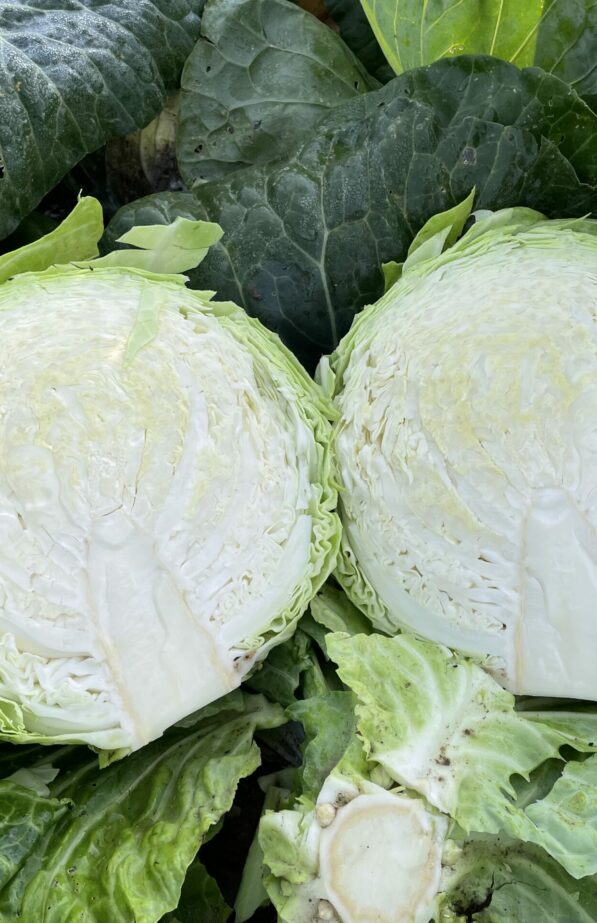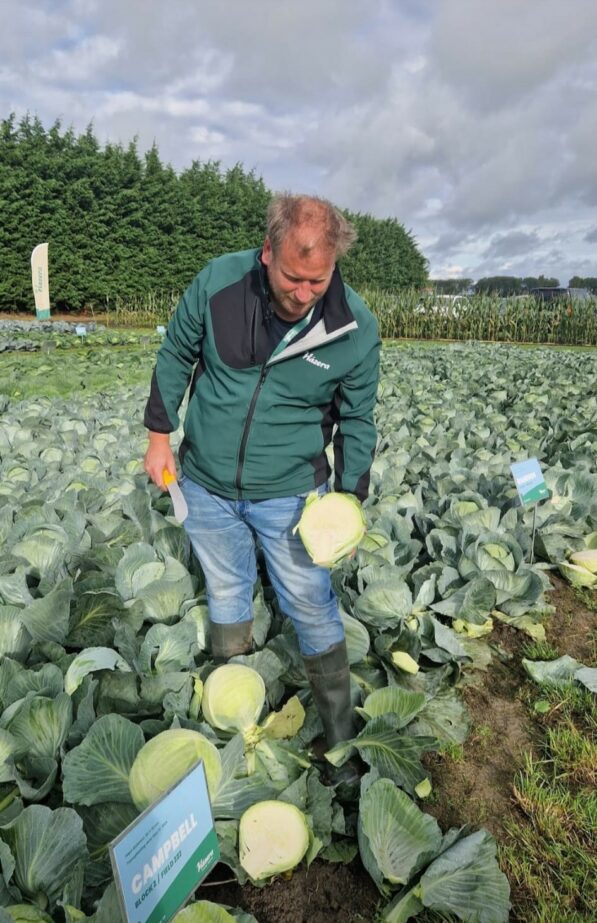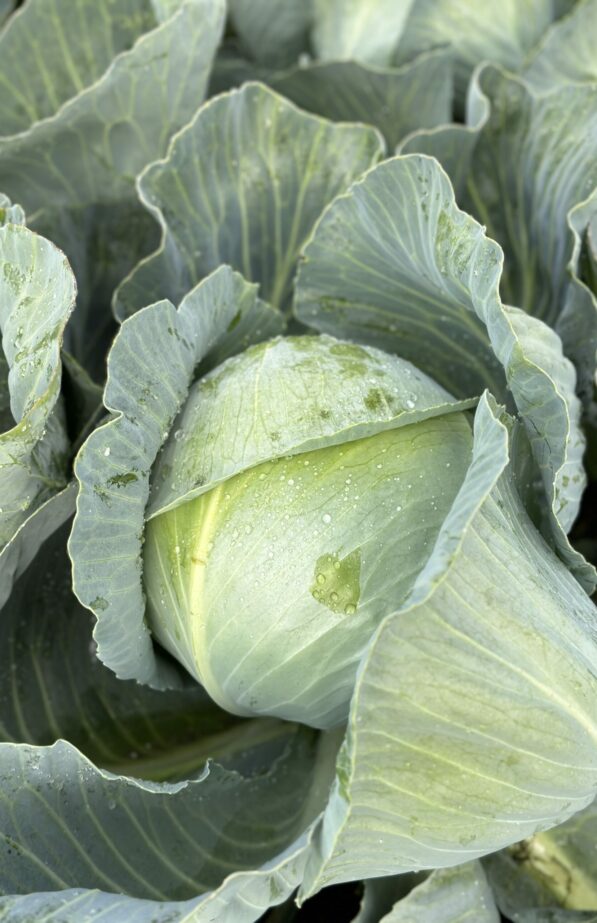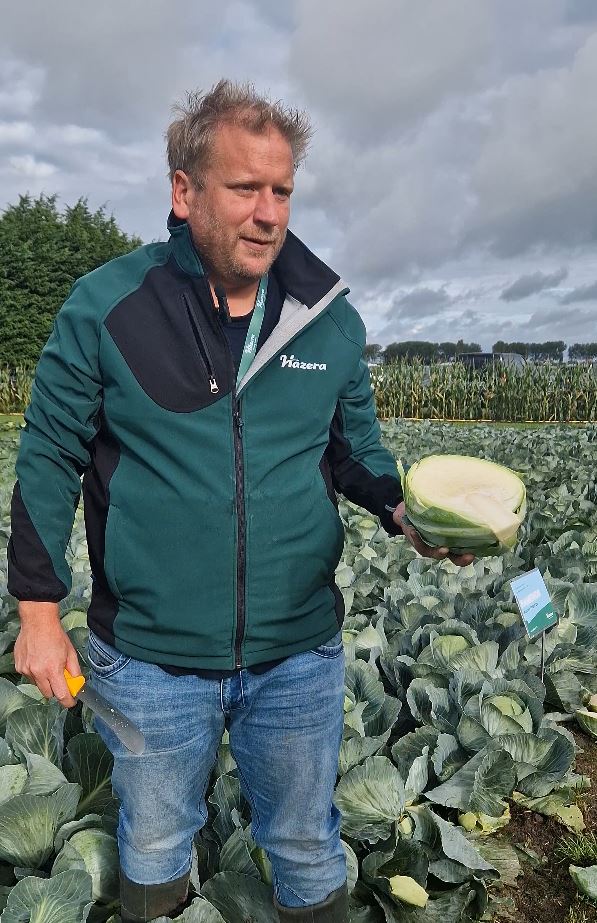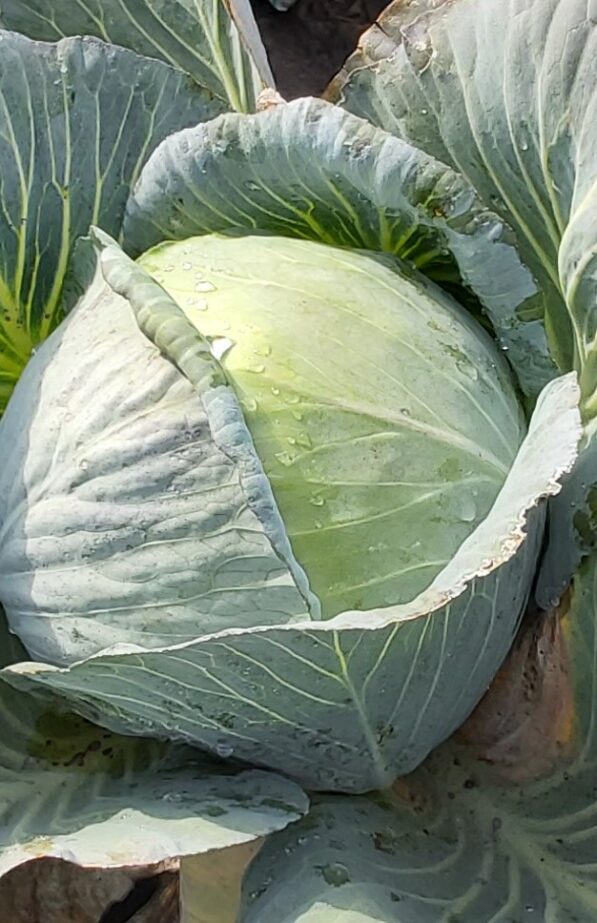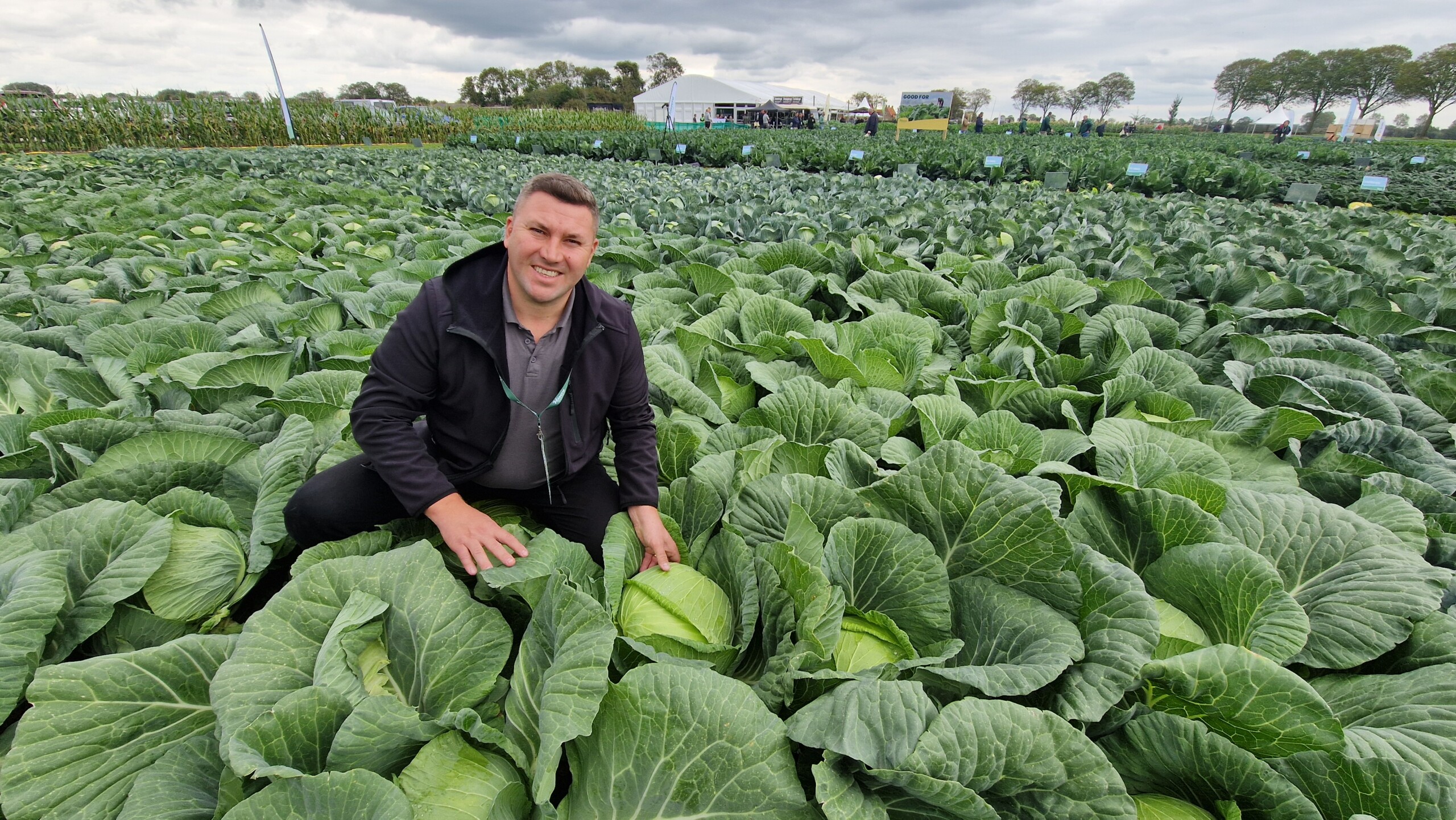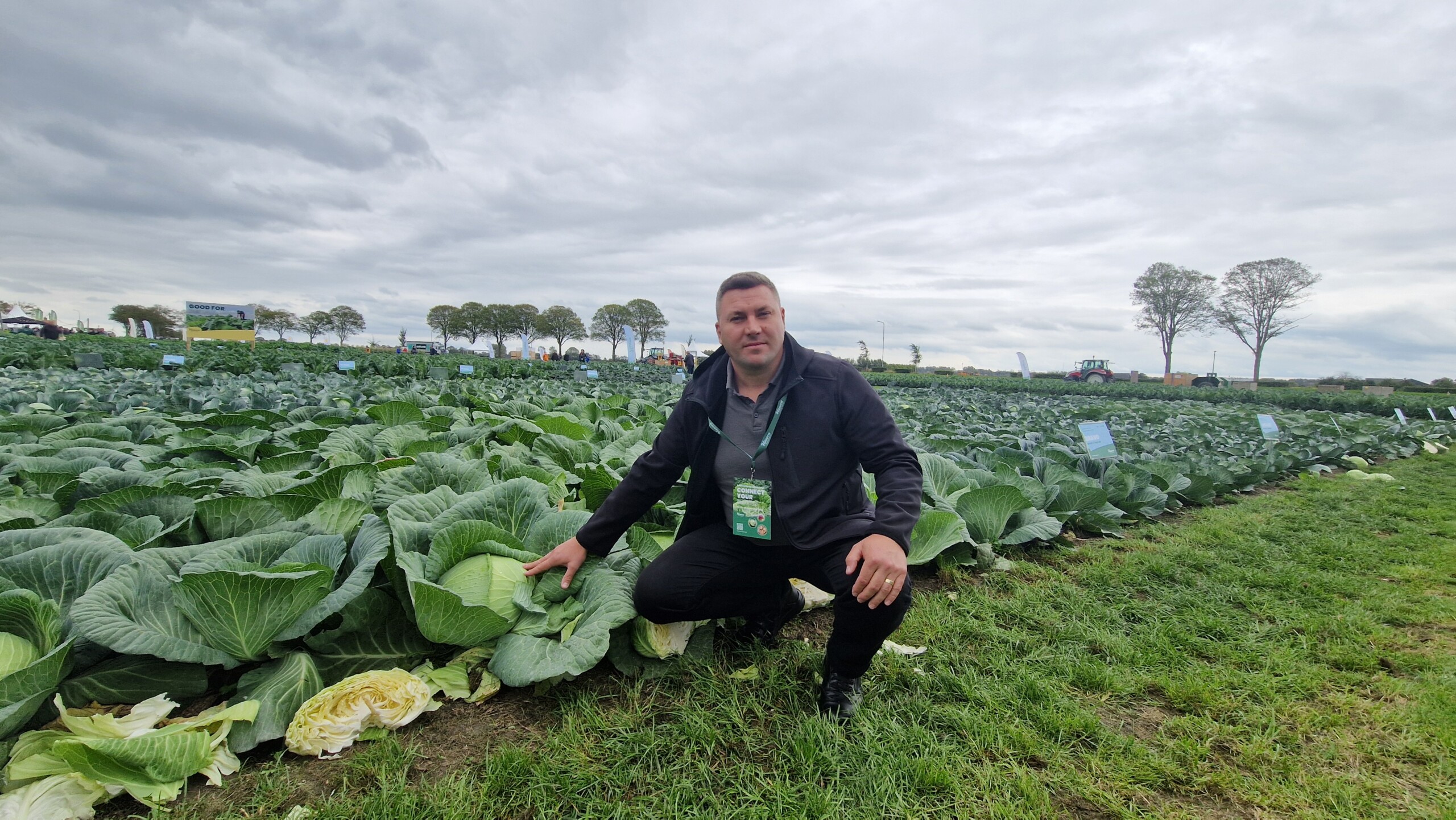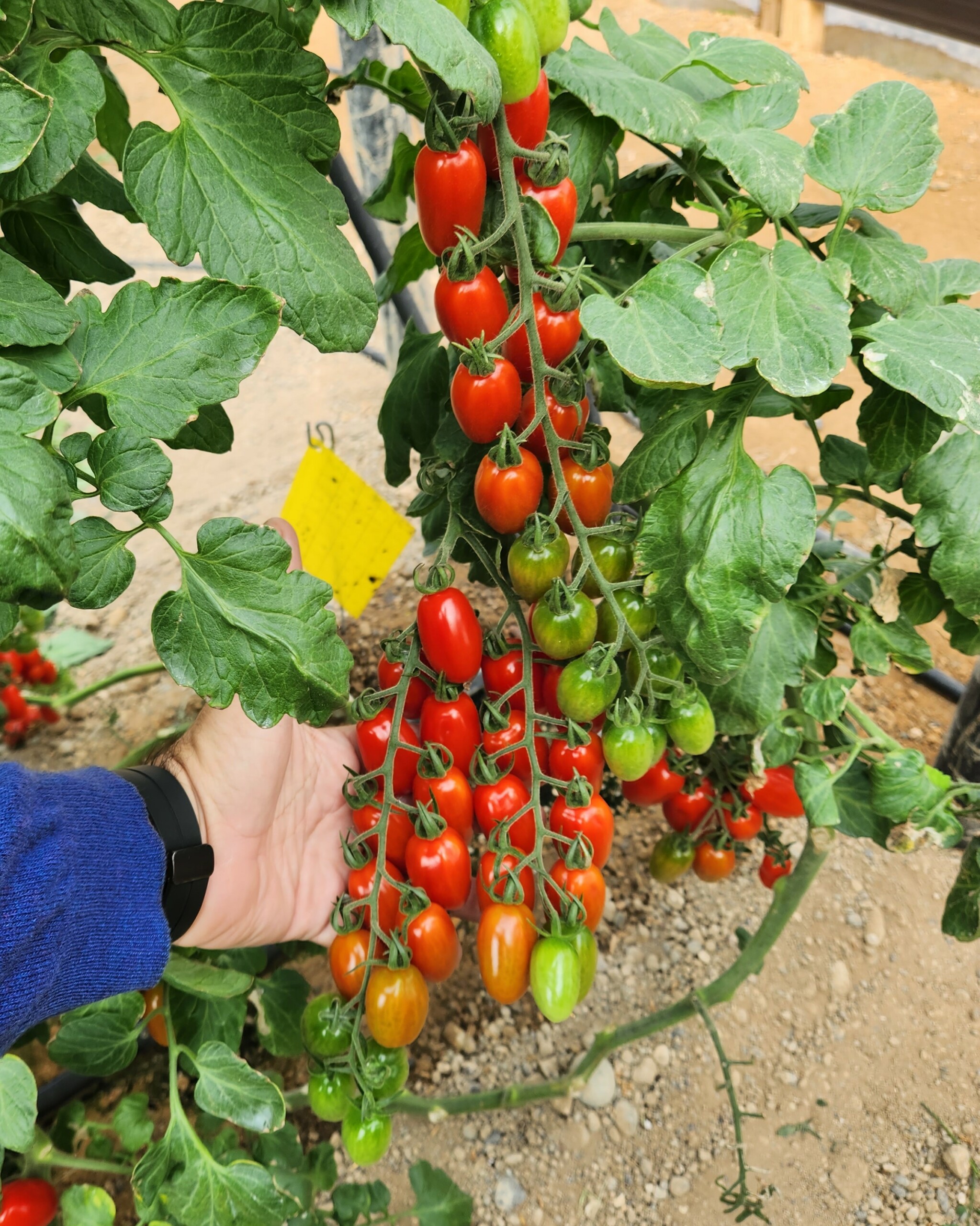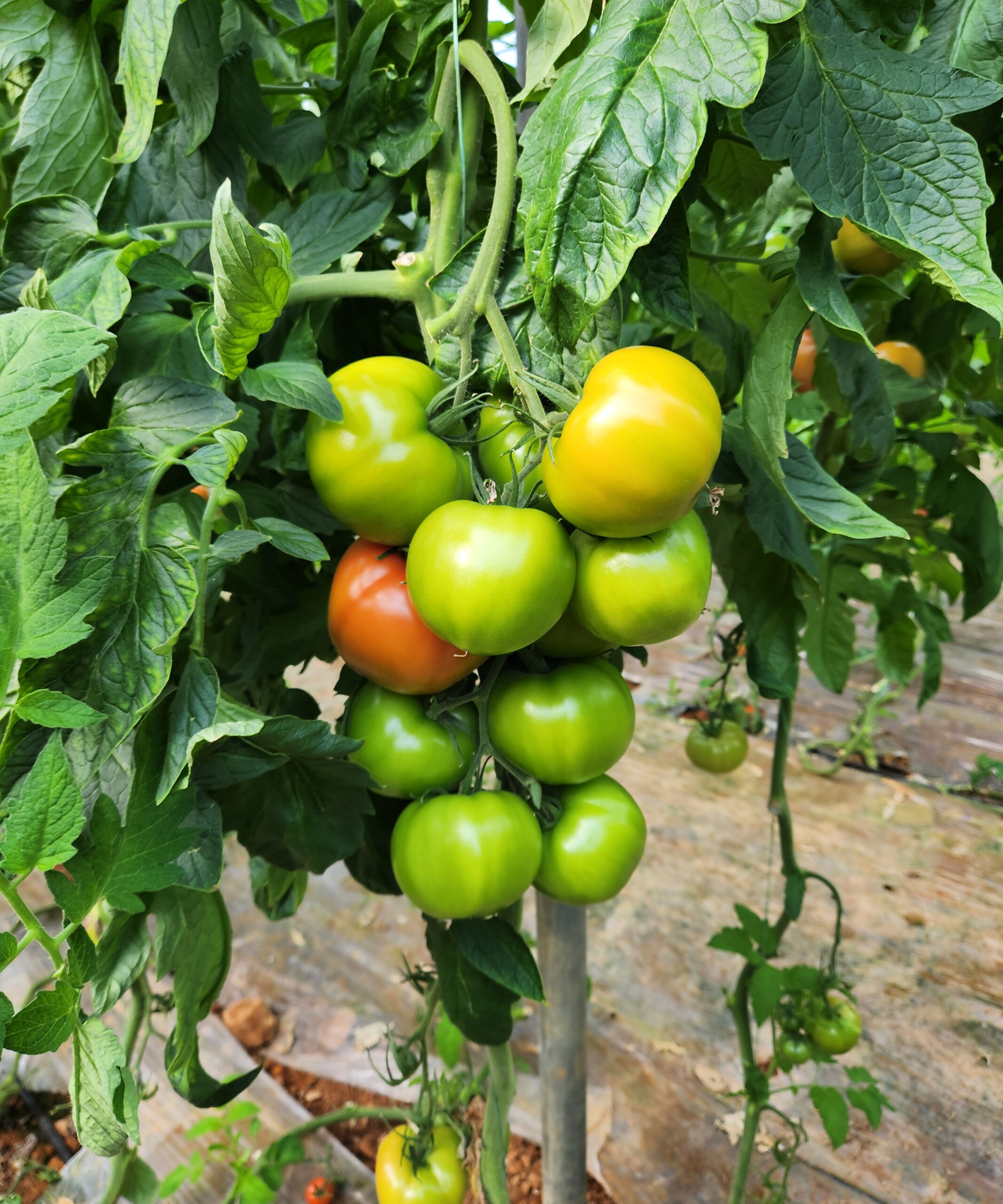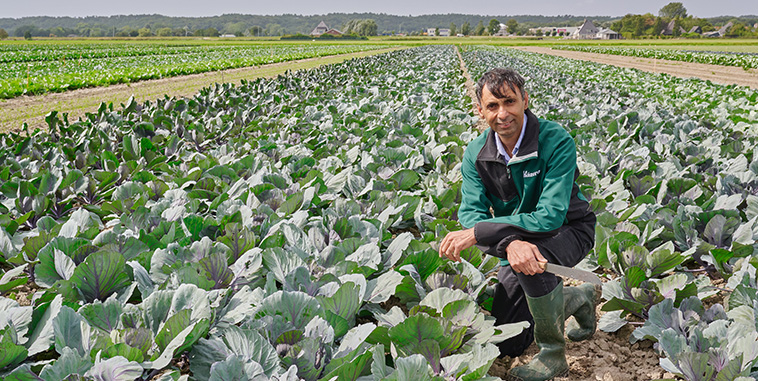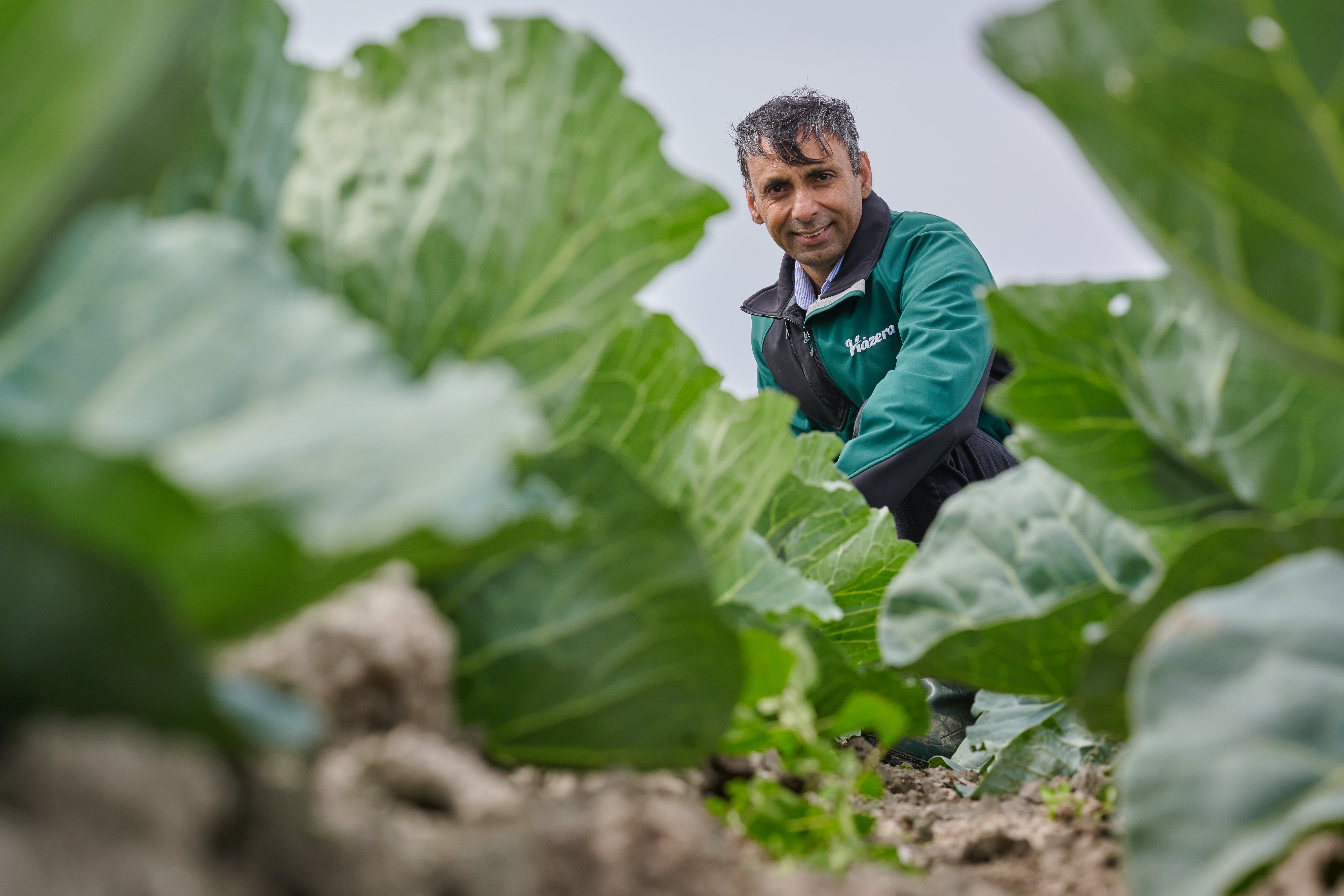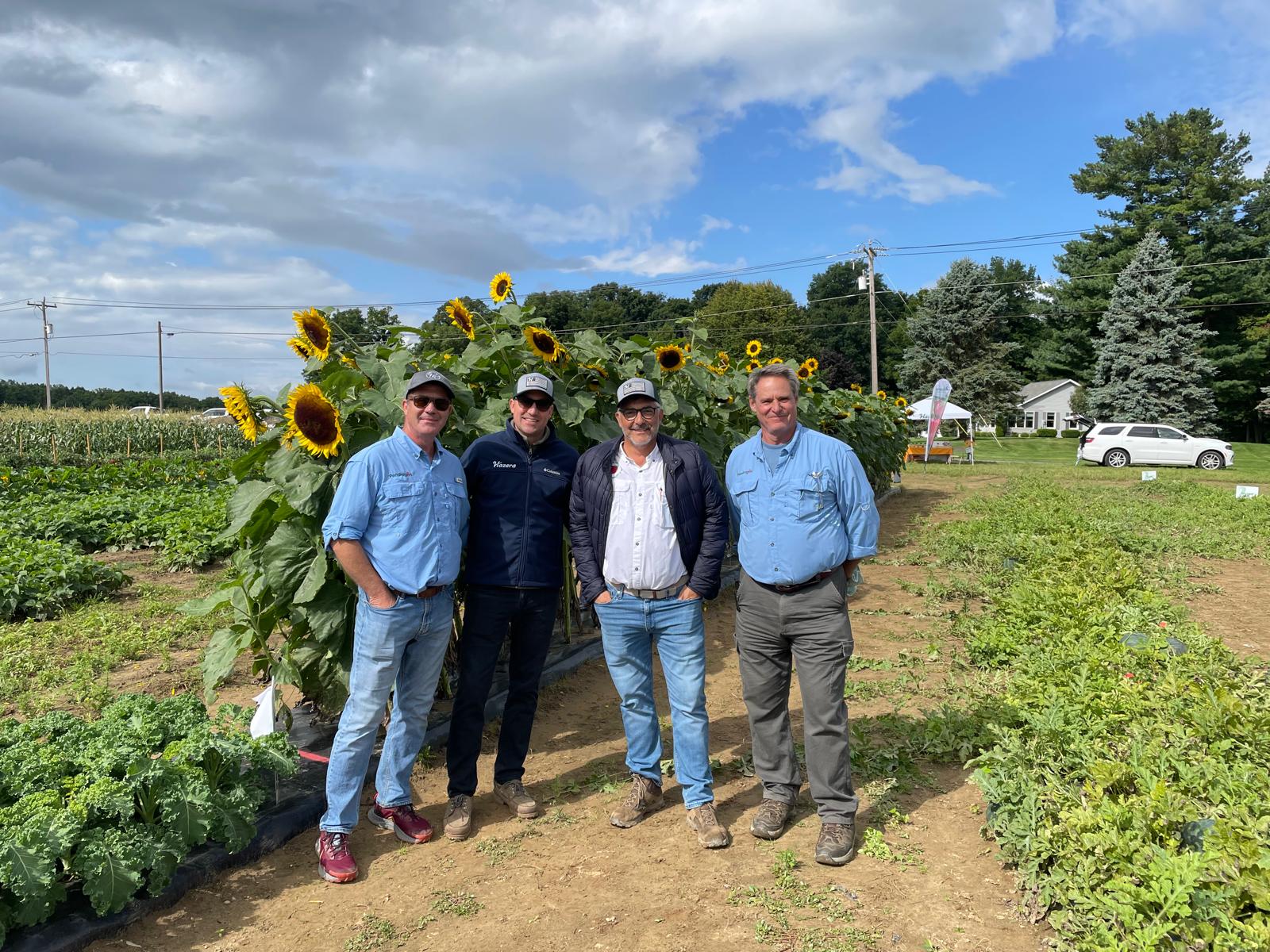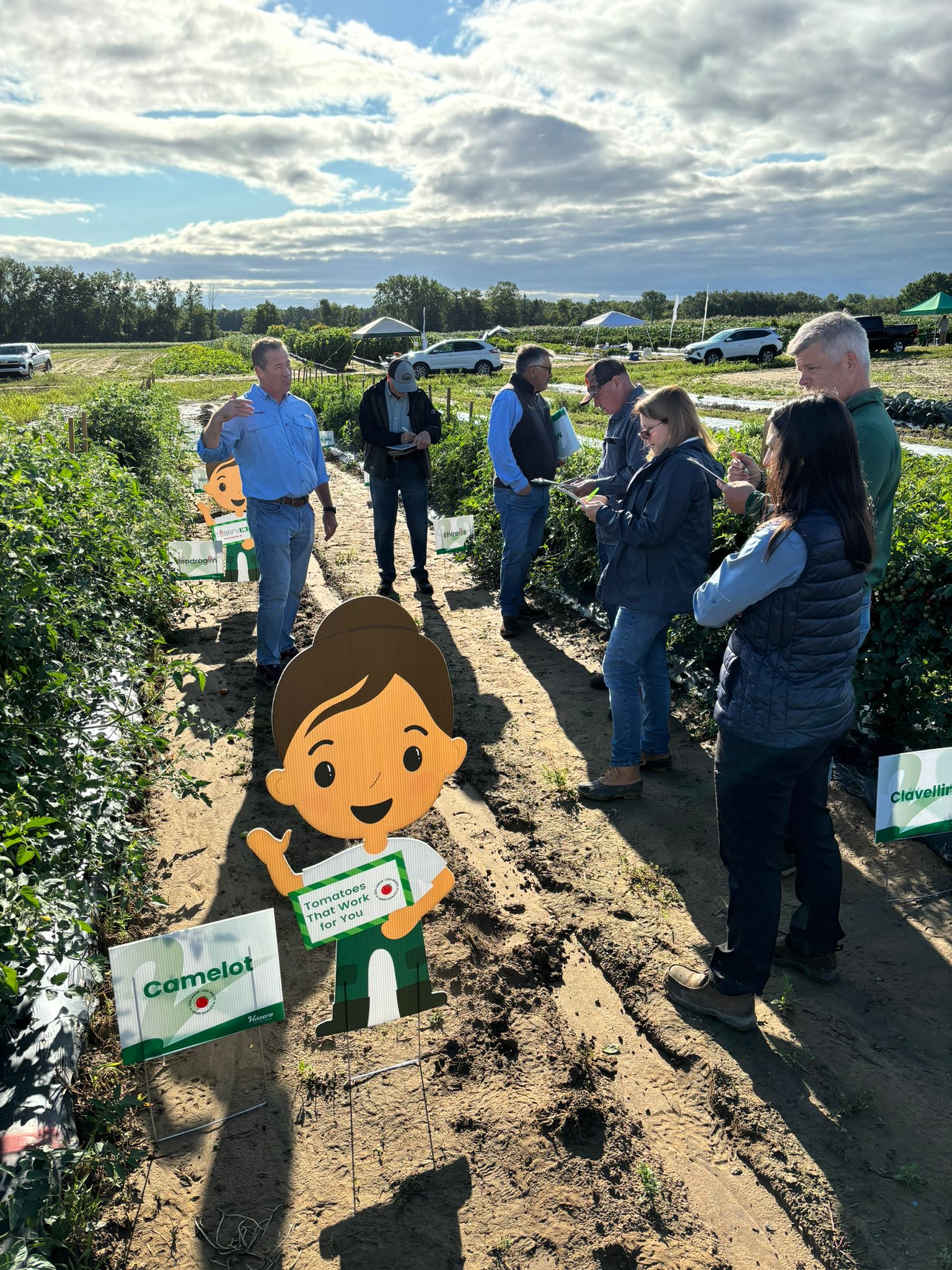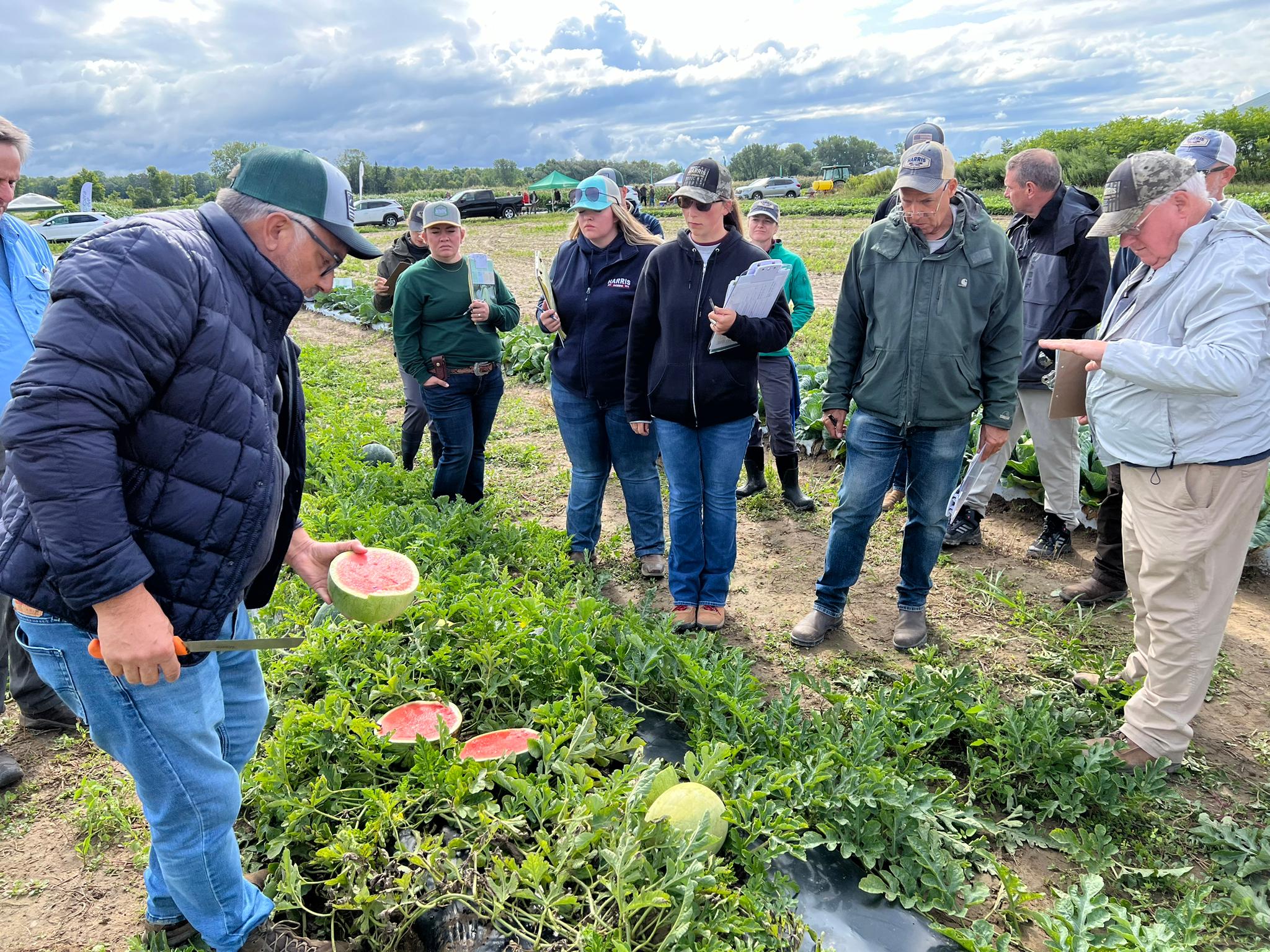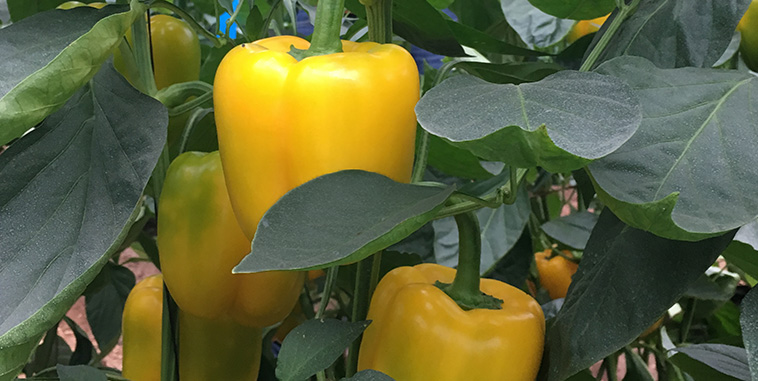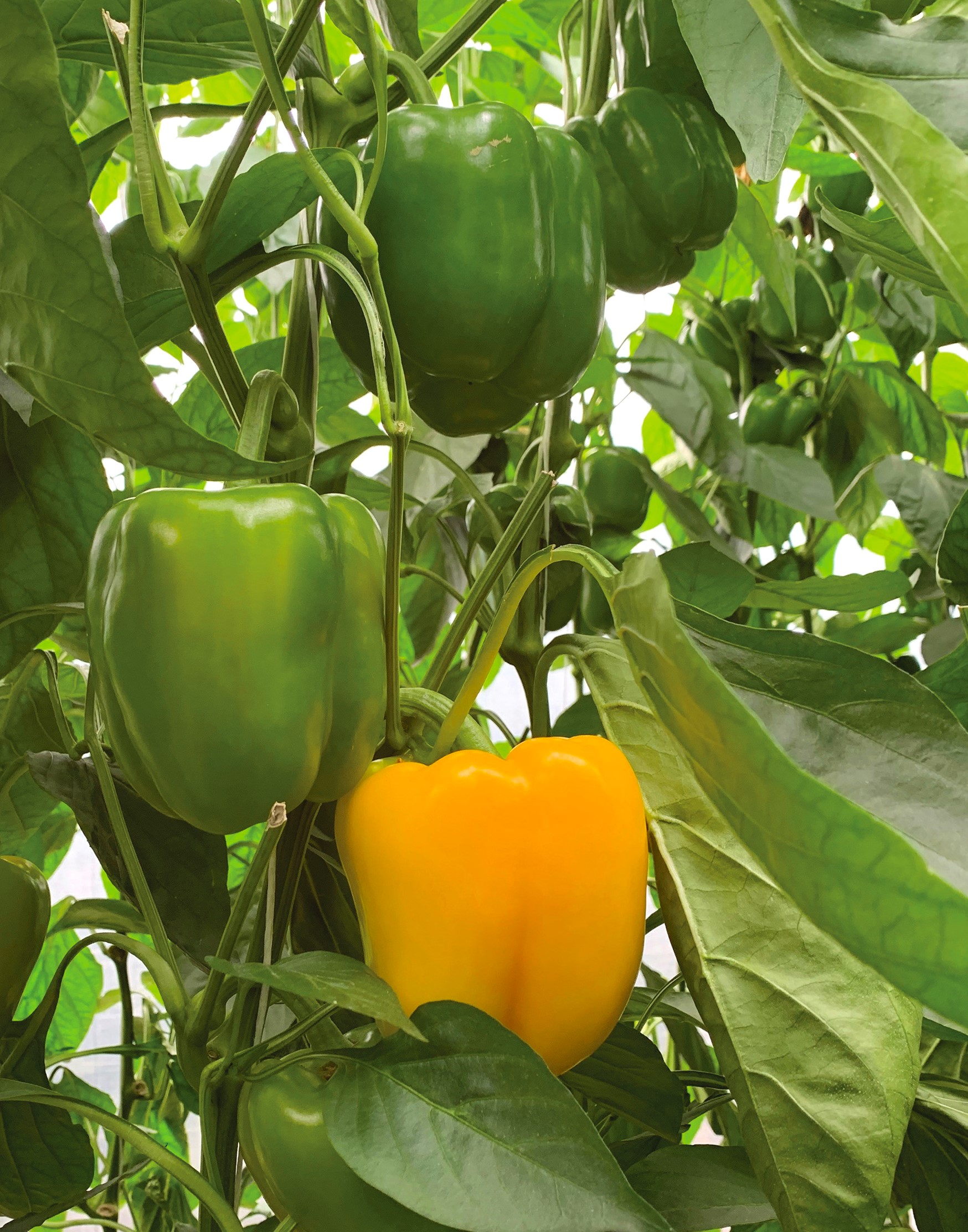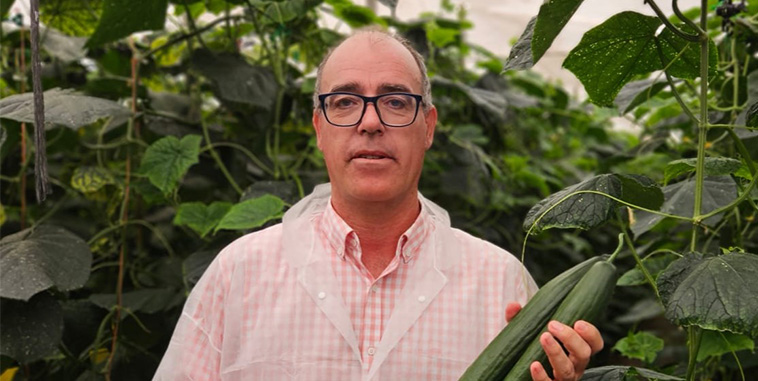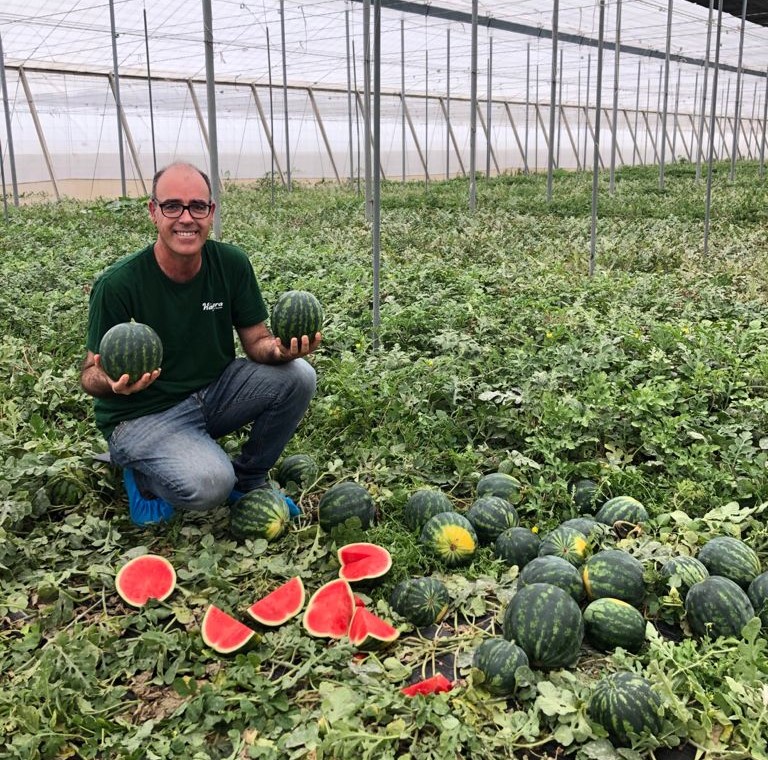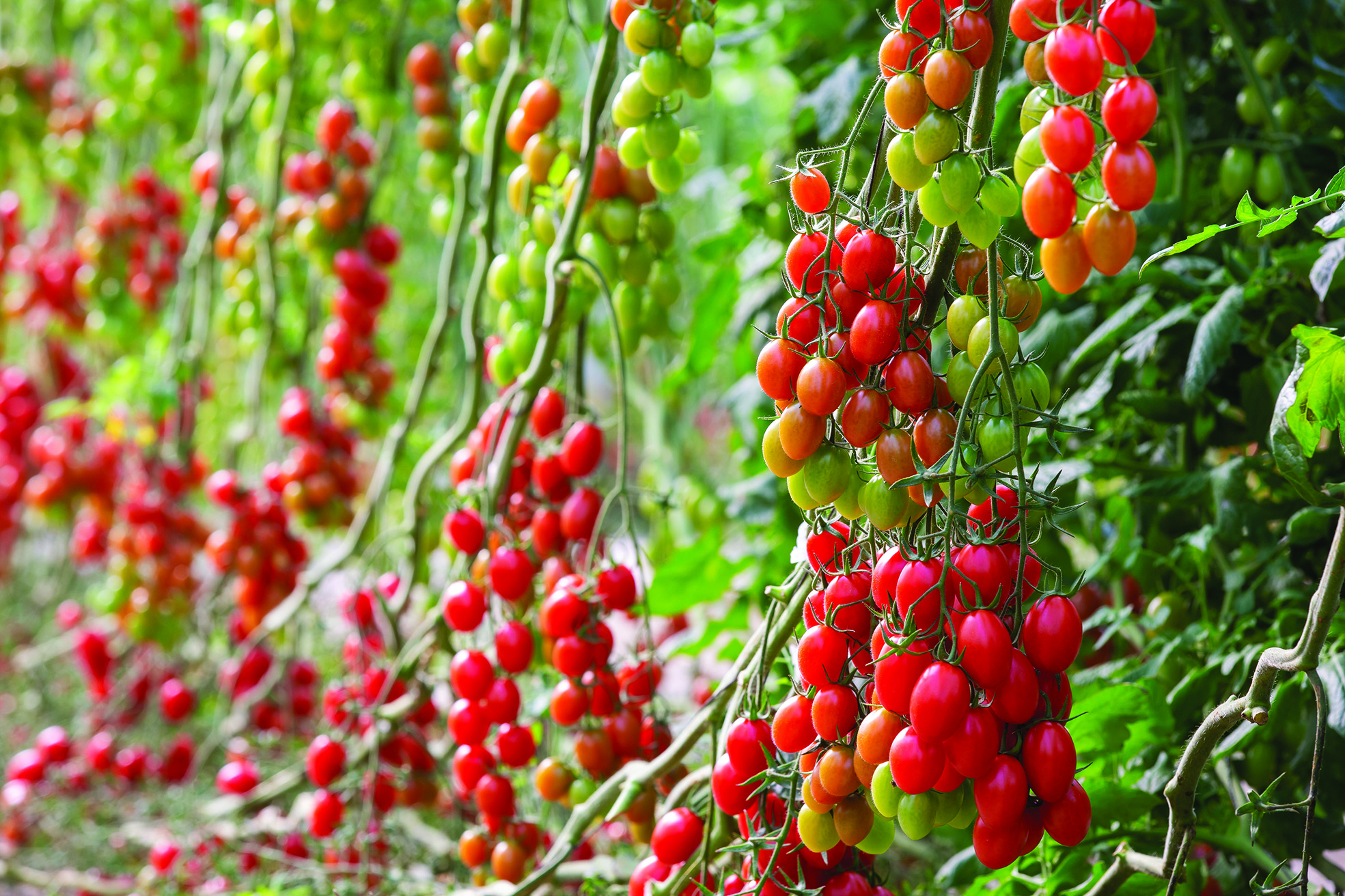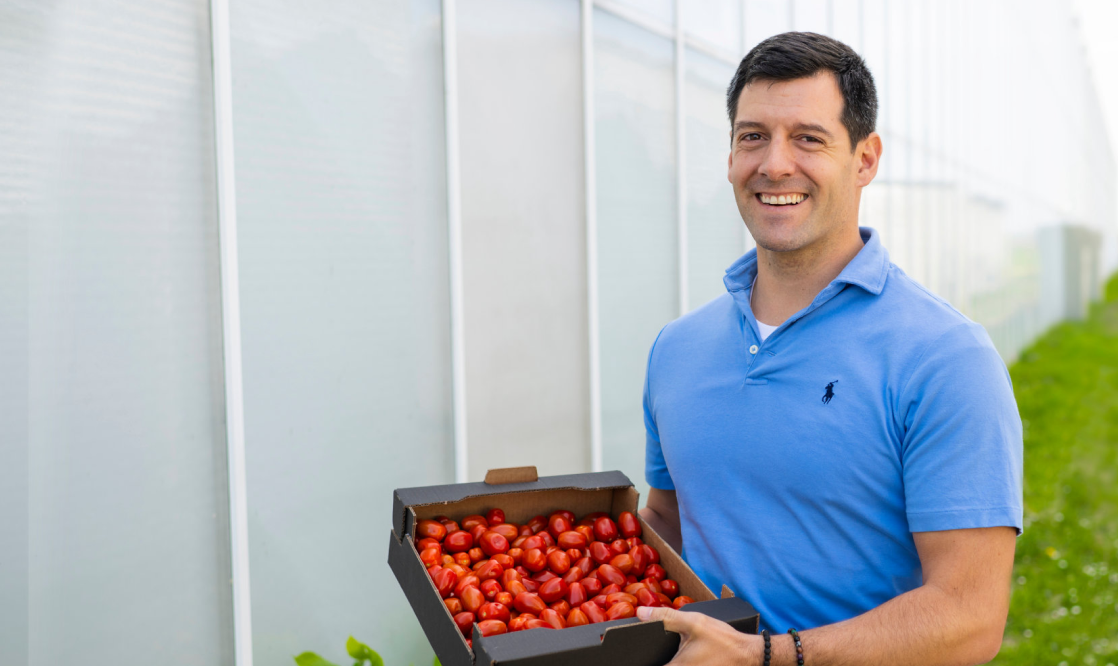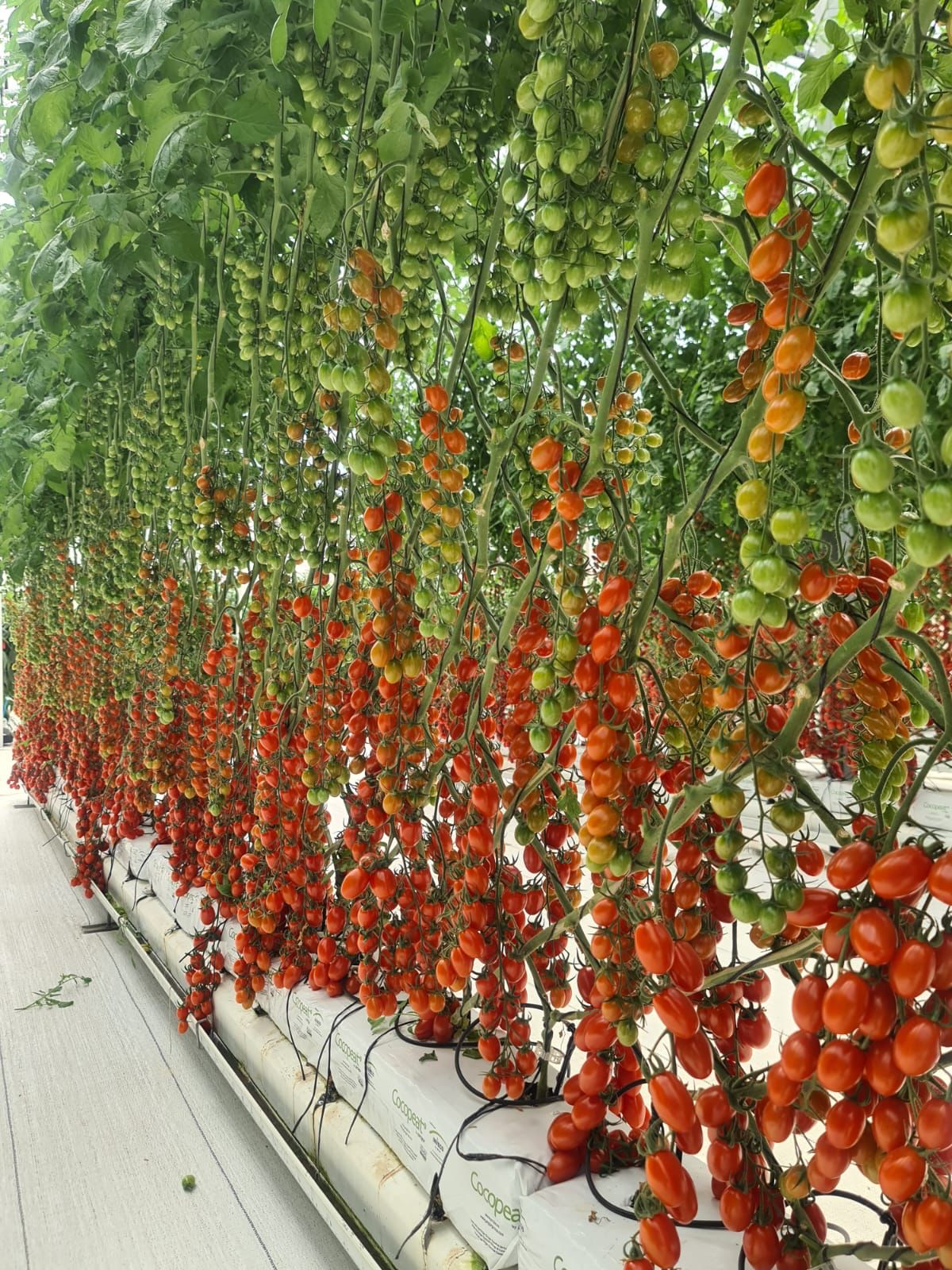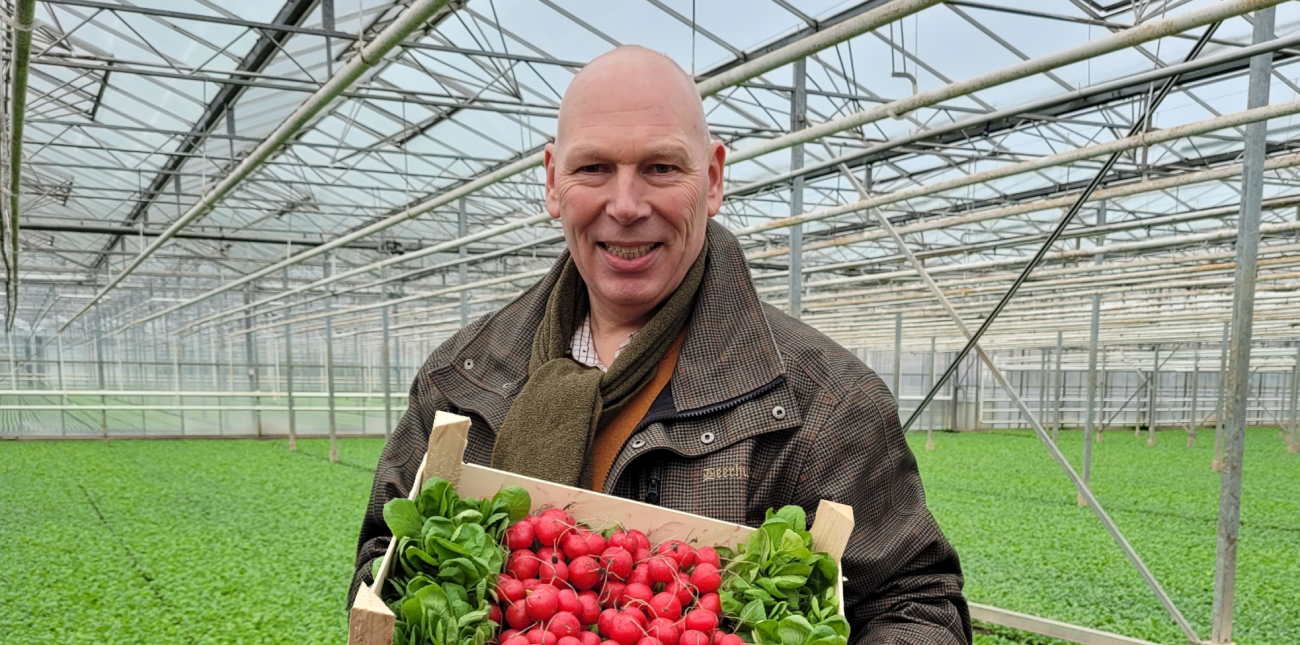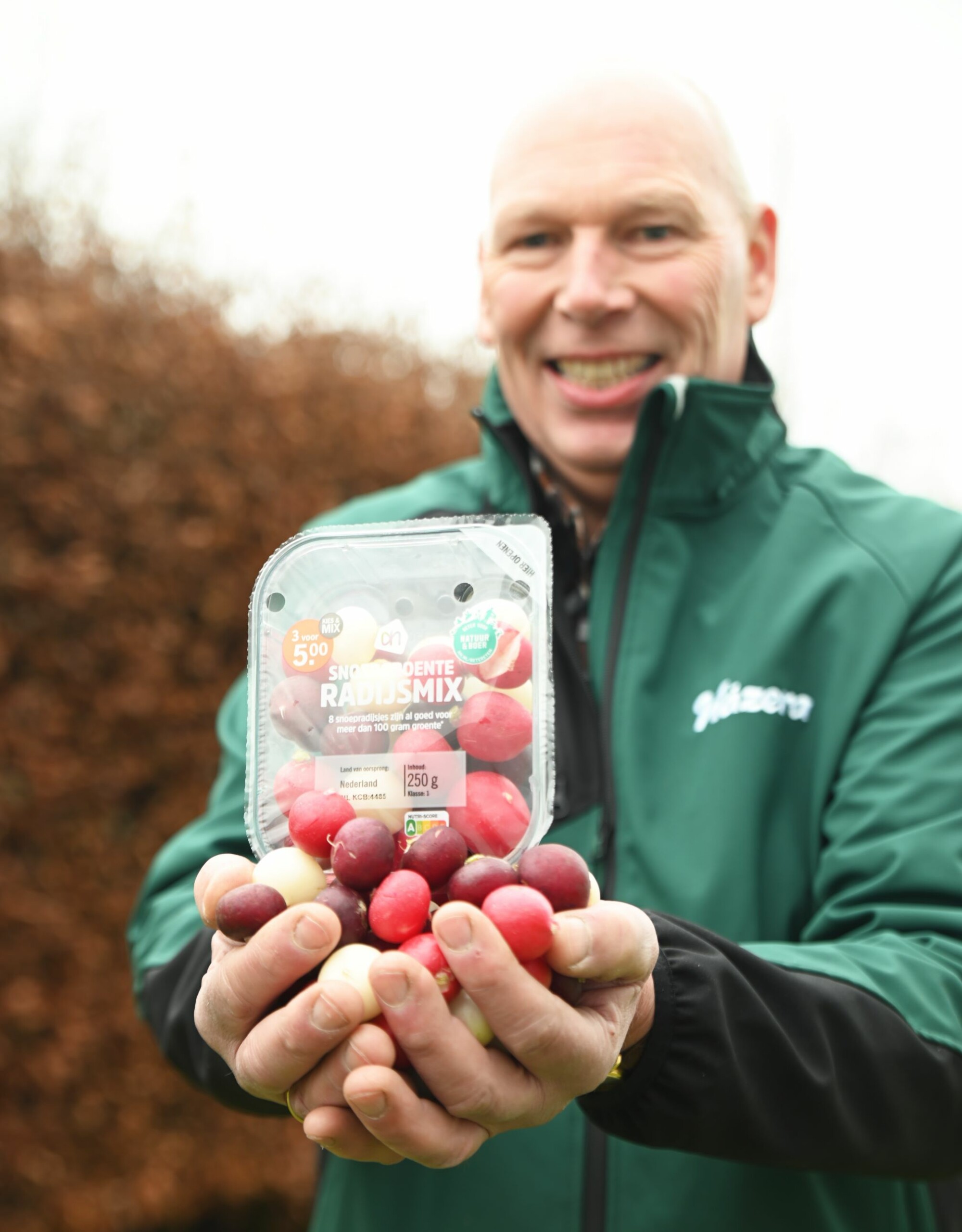Hazera Seeds is proud to announce that two of its premier cherry tomato varieties, Summer Soul and Tentadero, have been recognized by the International Taste Institute in Brussels for their exceptional sensory qualities.
In a rigorous evaluation conducted by a jury of more than 200 professional taste experts—including Michelin-starred chefs and world-renowned sommeliers—both varieties were distinguished with Superior Taste Awards for 2026.
• Summer Soul achieved a remarkable 3-star rating. It received particularly high praise for its texture and visual appeal.
• Tentadero was awarded a 2-star rating. It stood out with a strong vision and olfaction.
Meeting the Demand for Premium Taste
Hazera has identified a significant and growing trend: consumers are increasingly demanding tomatoes that offer a superior flavor experience alongside visual appeal. To meet this need, the company has engaged in extensive breeding programs specifically focused on taste, aroma, and mouthfeel, ensuring a pleasant sensory experience that makes the food appetizing.
Michal Taraska, Hazera’s Global Value Chain Lead, commented on the market impact:
“The recognition of Summer Soul and Tentadero is a testament to our commitment to the fresh market. These varieties are not just products; they are a direct answer to our customers’ needs for consistency, quality, and, above all, a premium eating experience that brings consumers back to the shelves.”
Juan Montes, Hazera’s Tomato Product development specialist, highlighted the technical achievement and product development behind the flavor:
“Developing these varieties required extensive breeding work and strategic product development to harmonize superior taste with essential agronomic traits. By achieving high sensory scores while incorporating ToBRFV resistance, we have created a perfect end-to-end solution for all fresh chain stakeholders—from the grower who needs a resilient crop to the consumer who deserves a delicious tomato.”
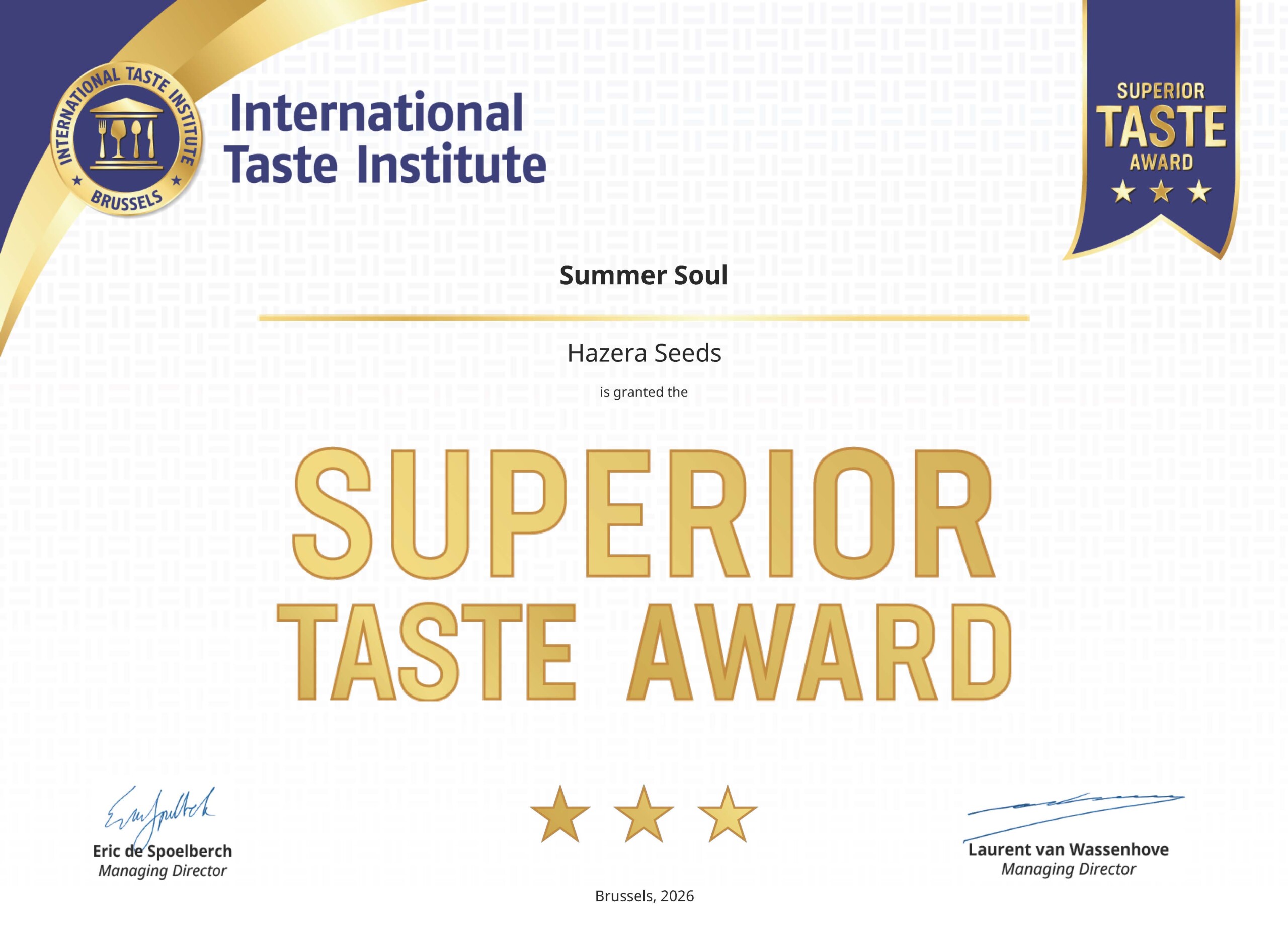
Experience the Award-Winning Varieties at Fruit Logistica 2026
Visitors and partners will have the opportunity to see these award-winning varieties firsthand. Summer Soul and Tentadero will be prominently displayed at Hazera’s booth (Hall 11.2 , Booth 31A) during the upcoming Fruit Logistica 2026 , where attendees can learn more about how these tomatoes are setting new standards in the global fresh chain.
About Hazera Seeds
Hazera is a global leader in the seed industry, dedicated to providing innovative solutions through advanced breeding and a deep understanding of consumer trends.
Meet us at Fruit Logistica 2026 – Hall 11.2 , Booth 31A.
For more information, please contact us: https://www.hazera.com/stay-connected


